Leadership
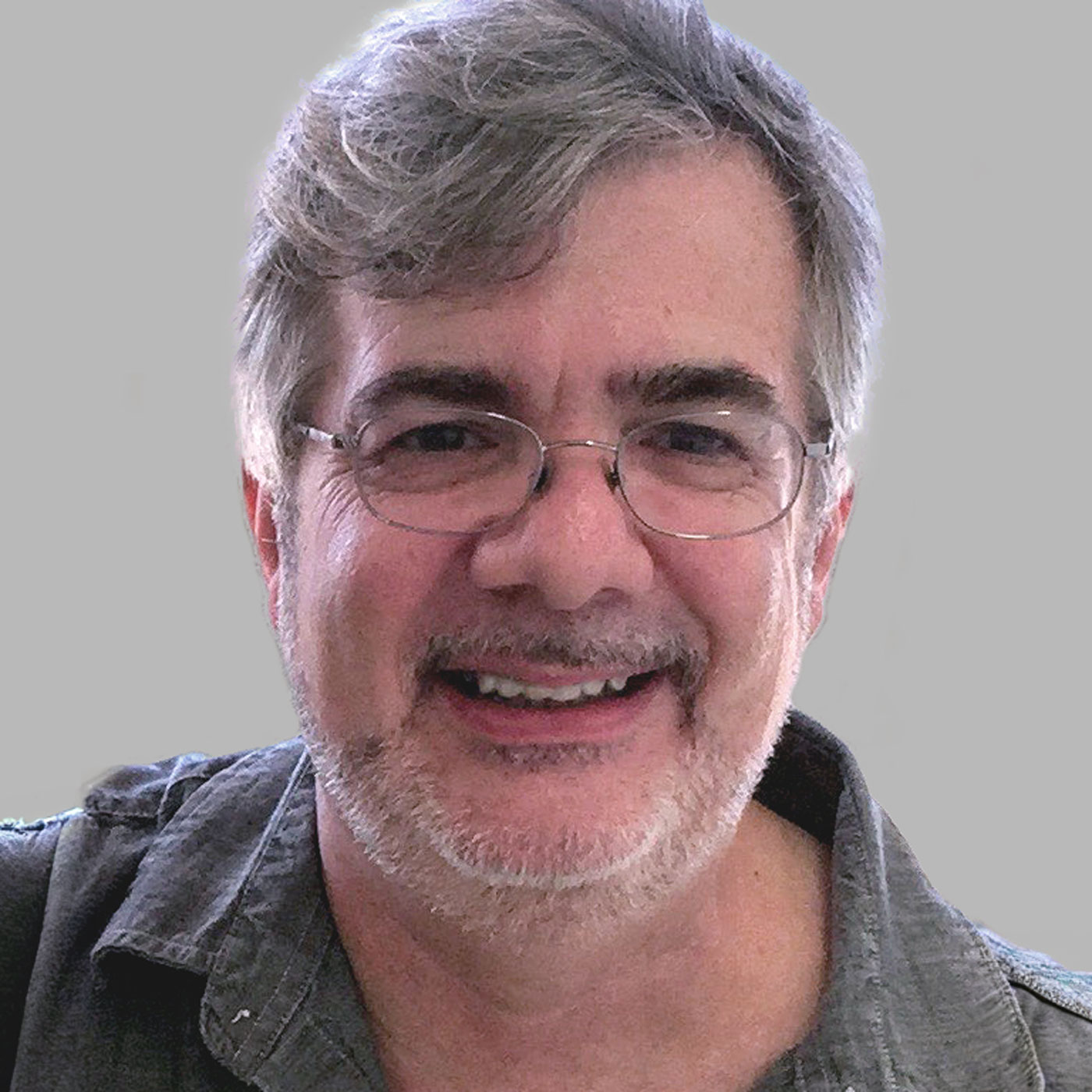
David Cannatella
- Professor
- Department Chair
- Integrative Biology
- Texas Field Station Network
- Biodiversity Center
Associate Director for Collections, Biodiversity Center
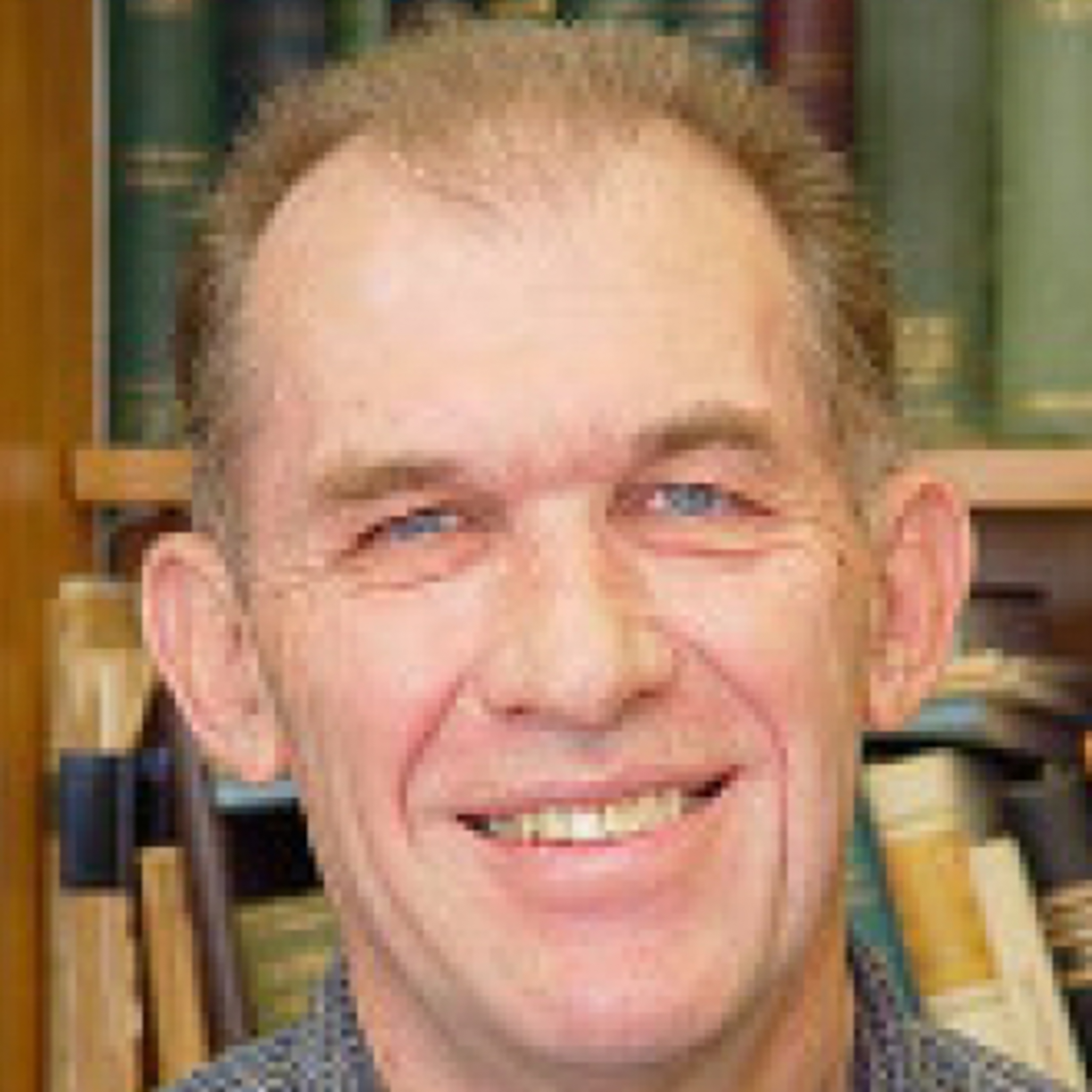
Lawrence Gilbert
- Professor
- Faculty Director, Brackenridge Field Laboratory
- Integrative Biology
- Texas Field Station Network
- Biodiversity Center
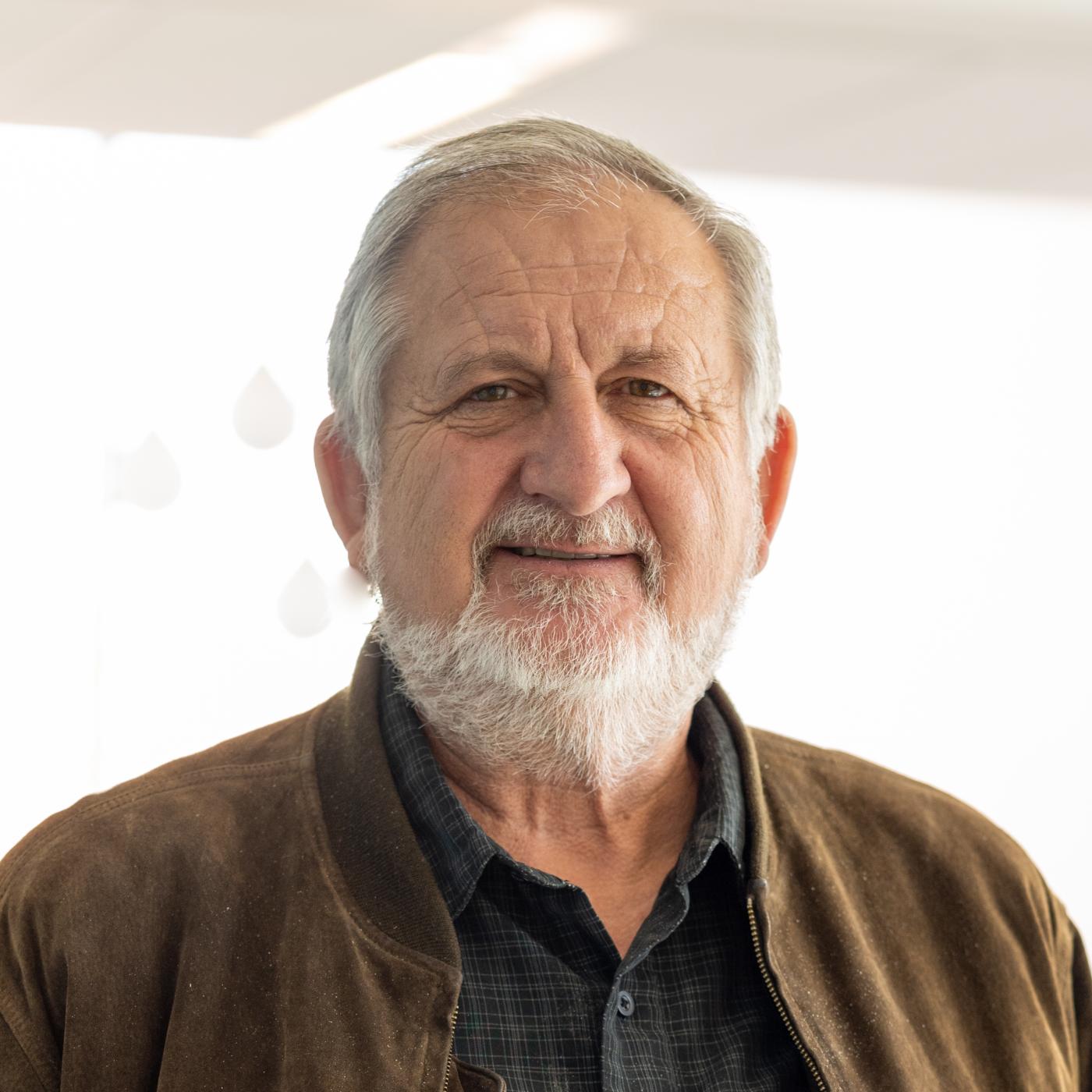
David Hillis
- Professor
- Director, Biodiversity Center
- Alfred W. Roark Centennial Professor in Natural Sciences
- Integrative Biology
- Texas Field Station Network
- Biodiversity Center
- Interdisciplinary Life Sciences Graduate Programs
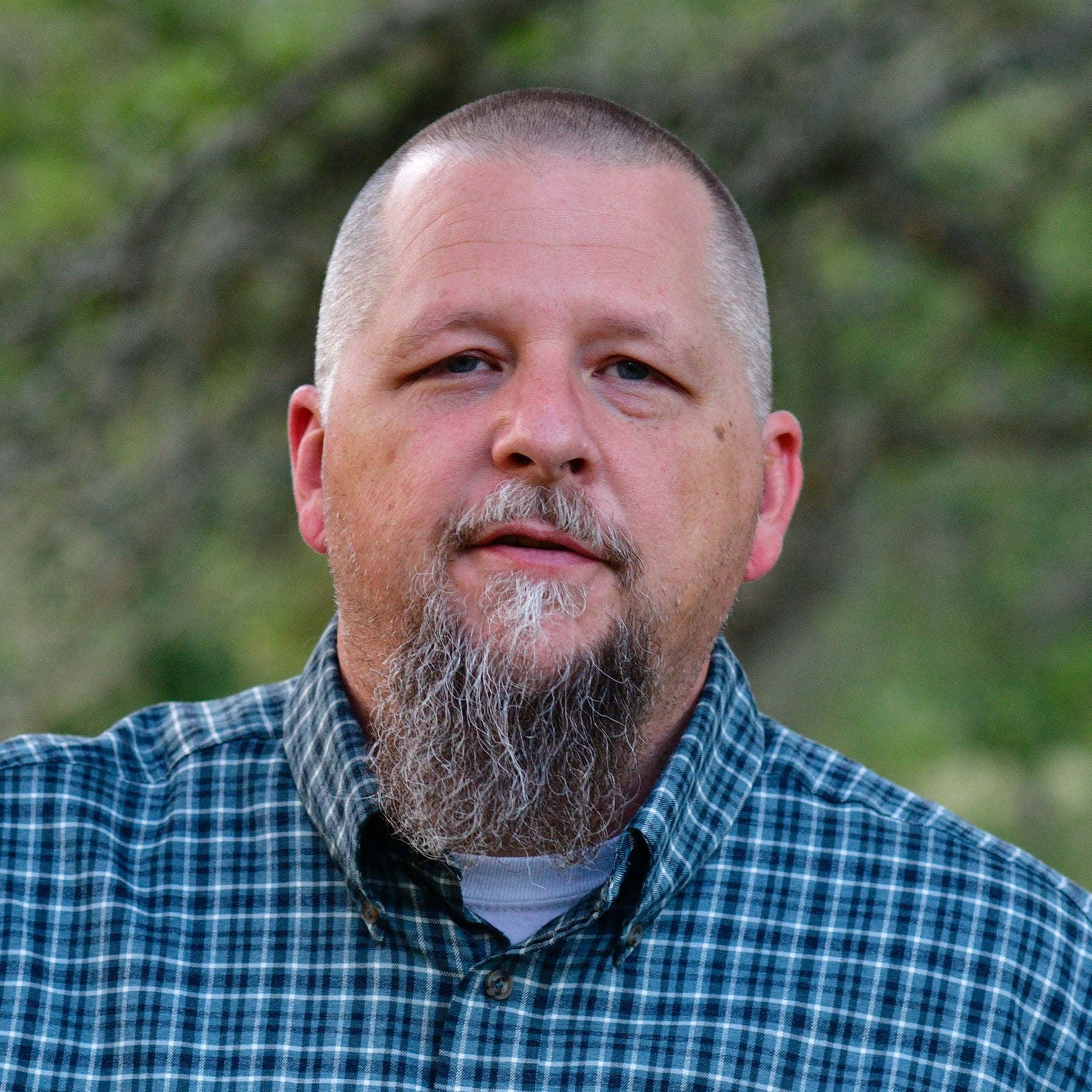
Kenneth Wray
- Managing Director, Texas Field Station Network
- Integrative Biology
- Texas Field Station Network
- Biodiversity Center
Faculty
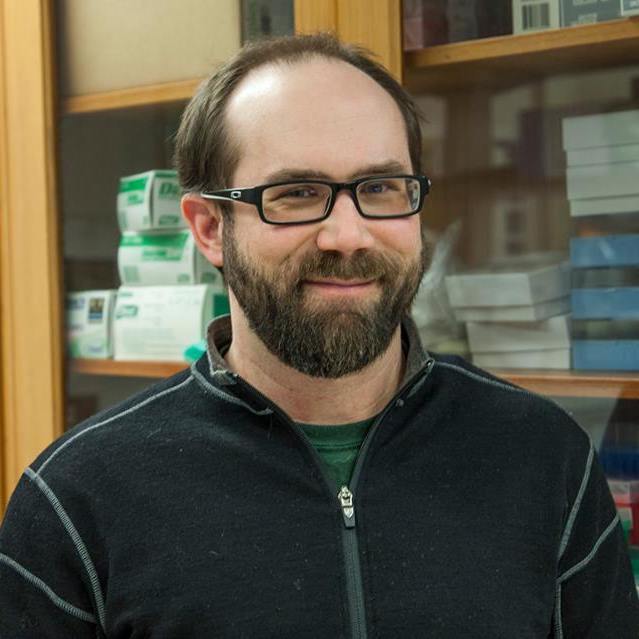
Brett Baker
- Associate Professor
- co-director of the Center for Planetary Science and Habitability
- Marine Science
- Integrative Biology
- Interdisciplinary Life Sciences Graduate Programs
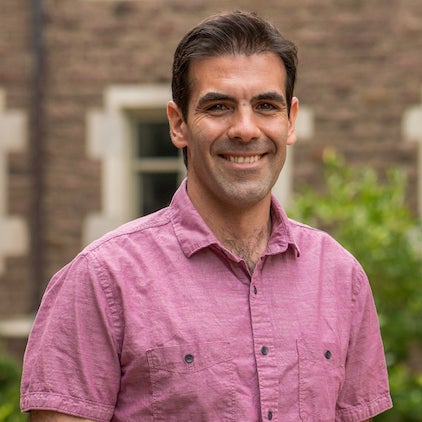
Carlos Botero
- Associate Professor
- Integrative Biology
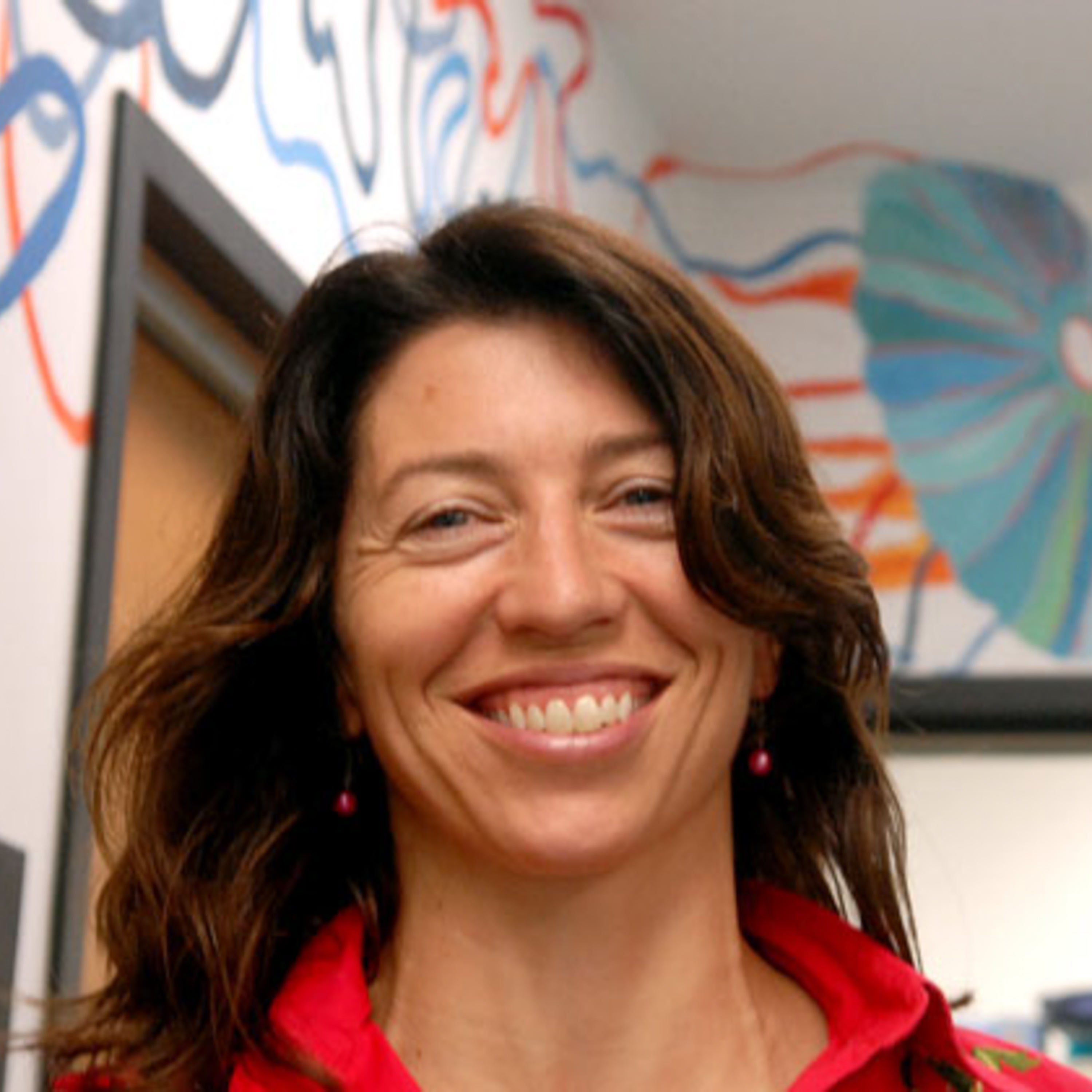
Molly Cummings
- Professor
- Integrative Biology
- Texas Field Station Network
- Biodiversity Center
The William H. and Gladys G. Reeder Fellowship in Ecology (Holder)
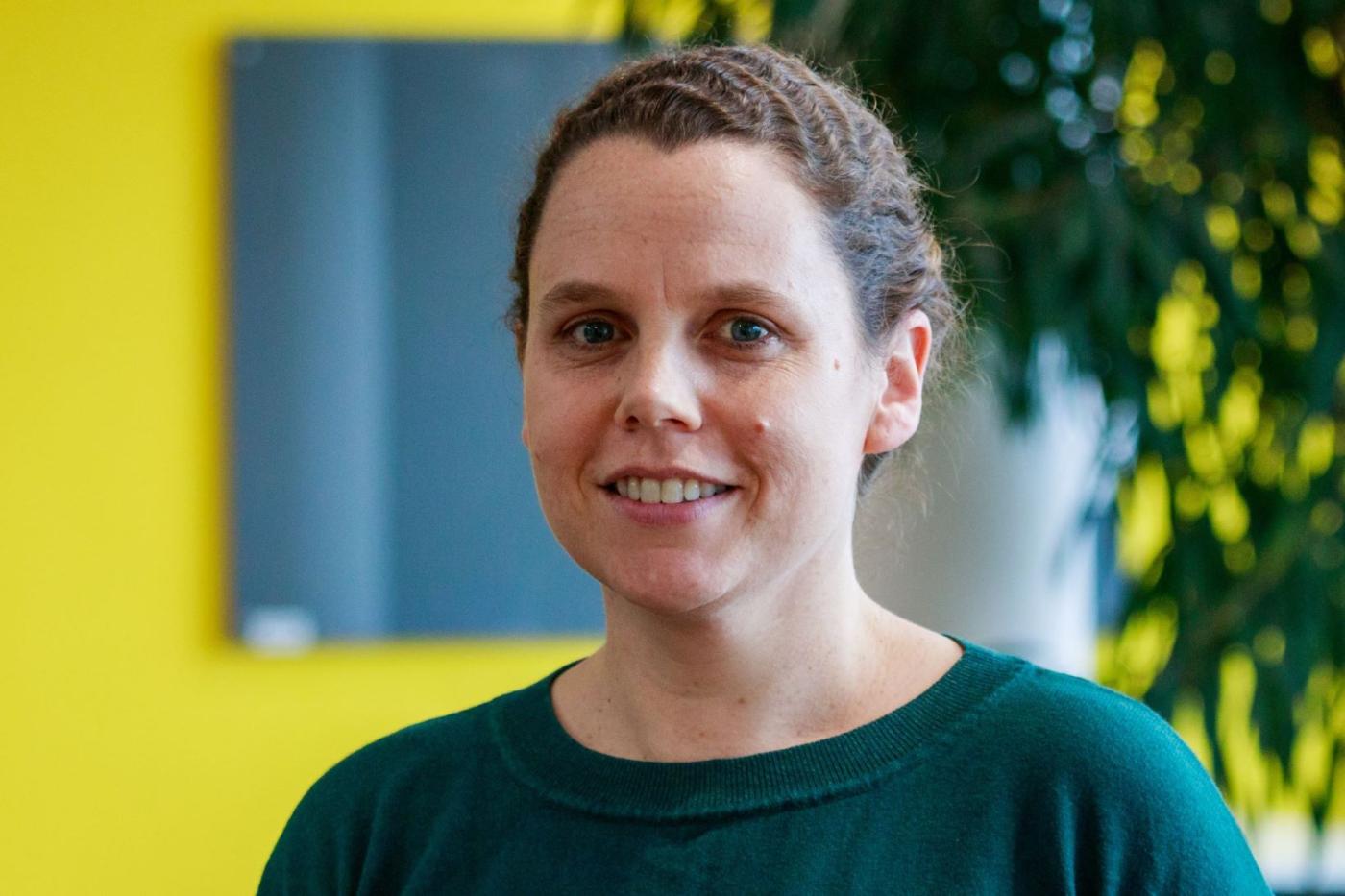
Caroline Farrior
- Associate Professor
- Integrative Biology
- Texas Field Station Network
- Biodiversity Center
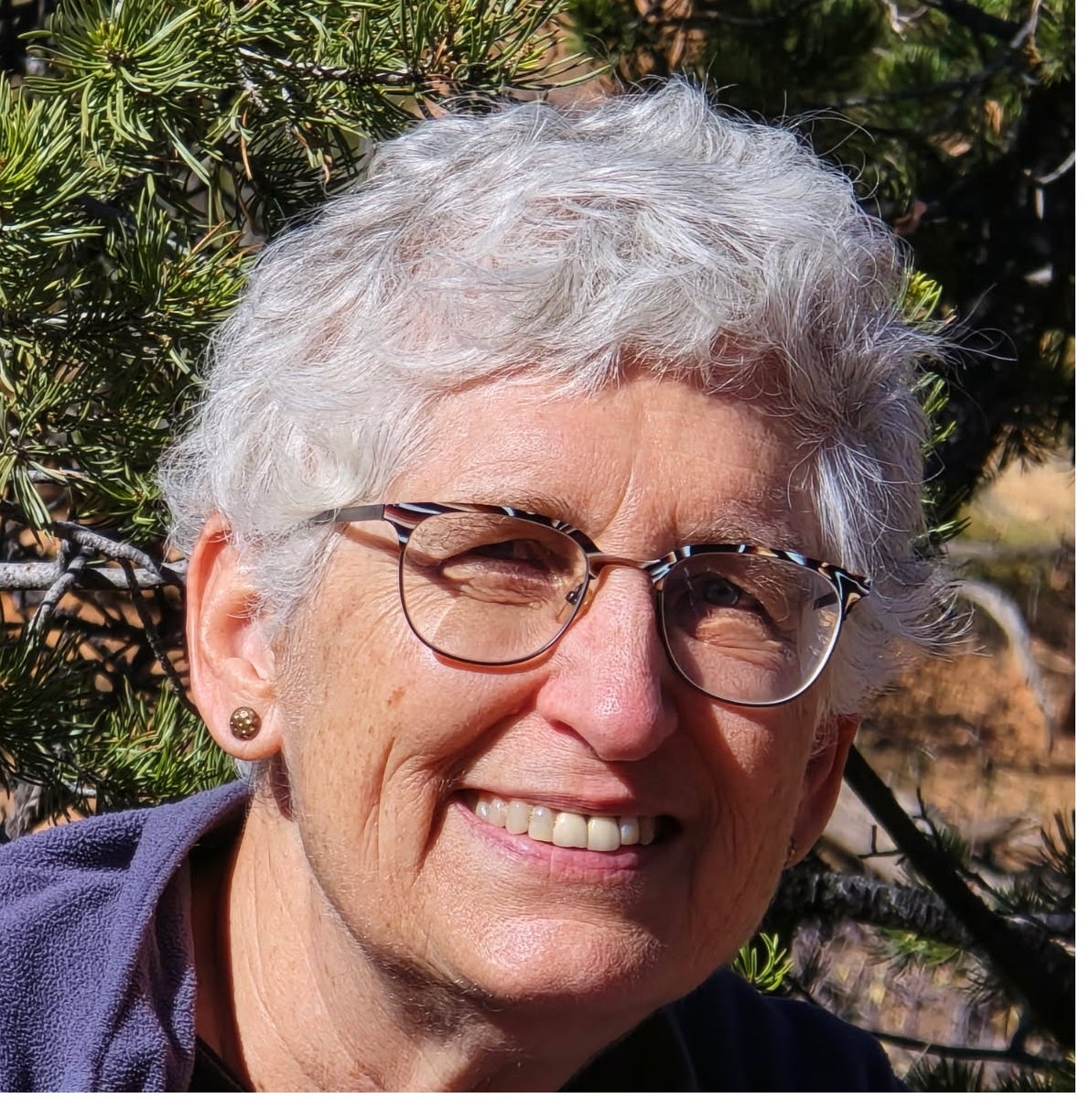
Norma Fowler
- Professor Emeritus
- Integrative Biology
- Texas Field Station Network
- Biodiversity Center
Telephone Number:512-471-1295
View Profile
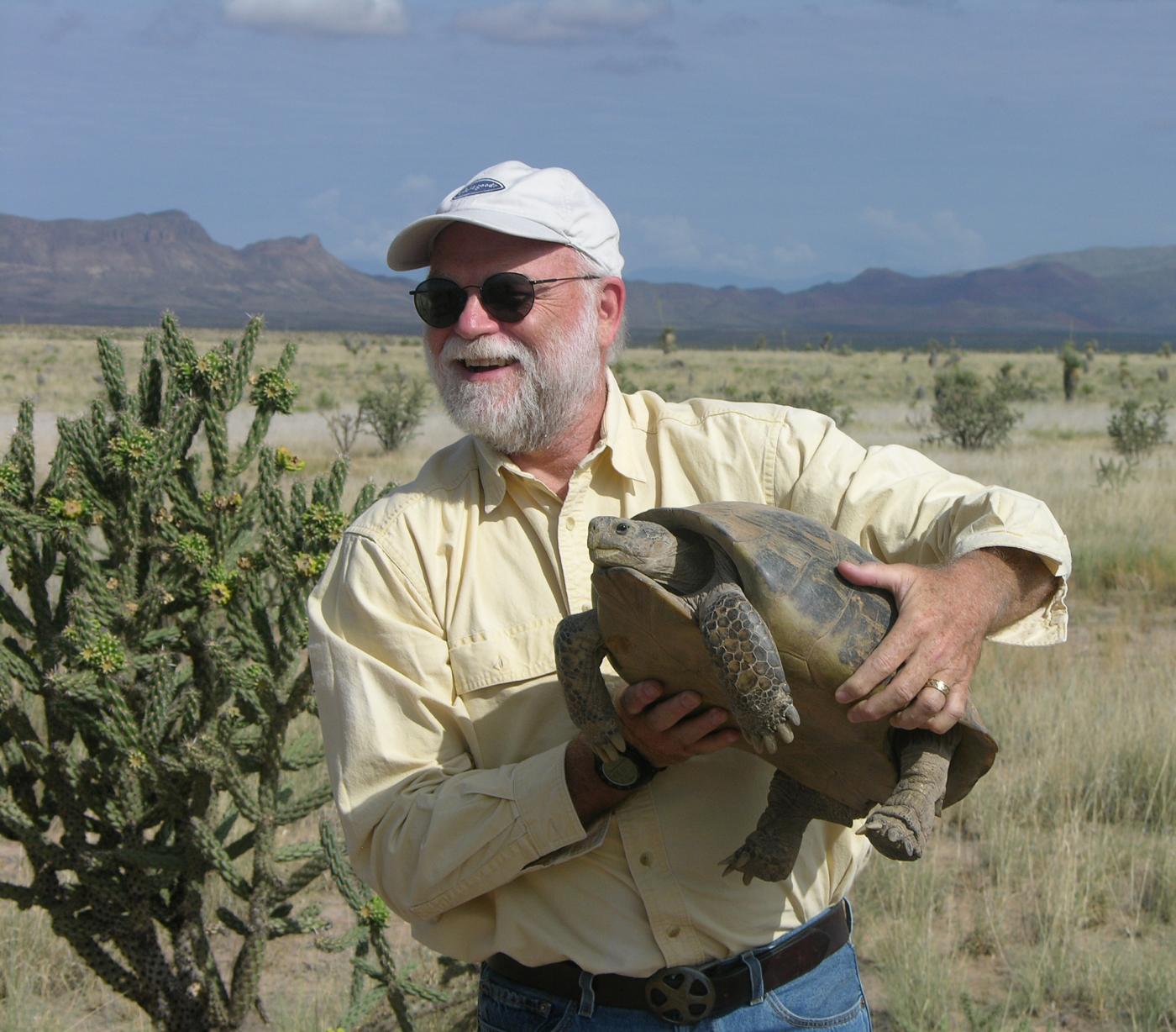
Harry Greene
- Adjunct Professor
- Naturalist at Large, Biodiversity Field Station Network
- Integrative Biology
- Texas Field Station Network
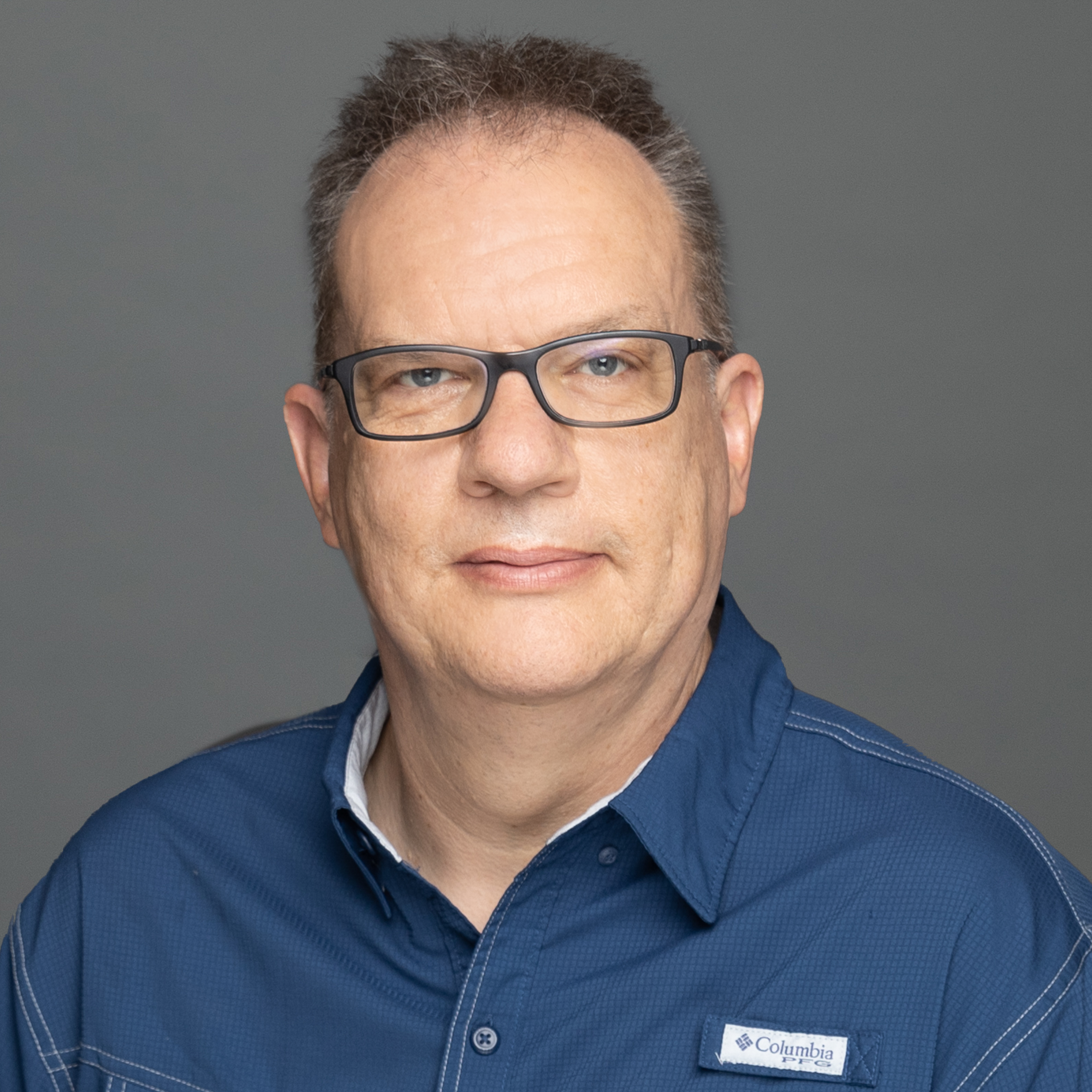
Johann (Hans) Hofmann
- Professor
- Integrative Biology
- Texas Field Station Network
- Biodiversity Center
- Interdisciplinary Life Sciences Graduate Programs
Recruiting Students 26-27 Academic Year
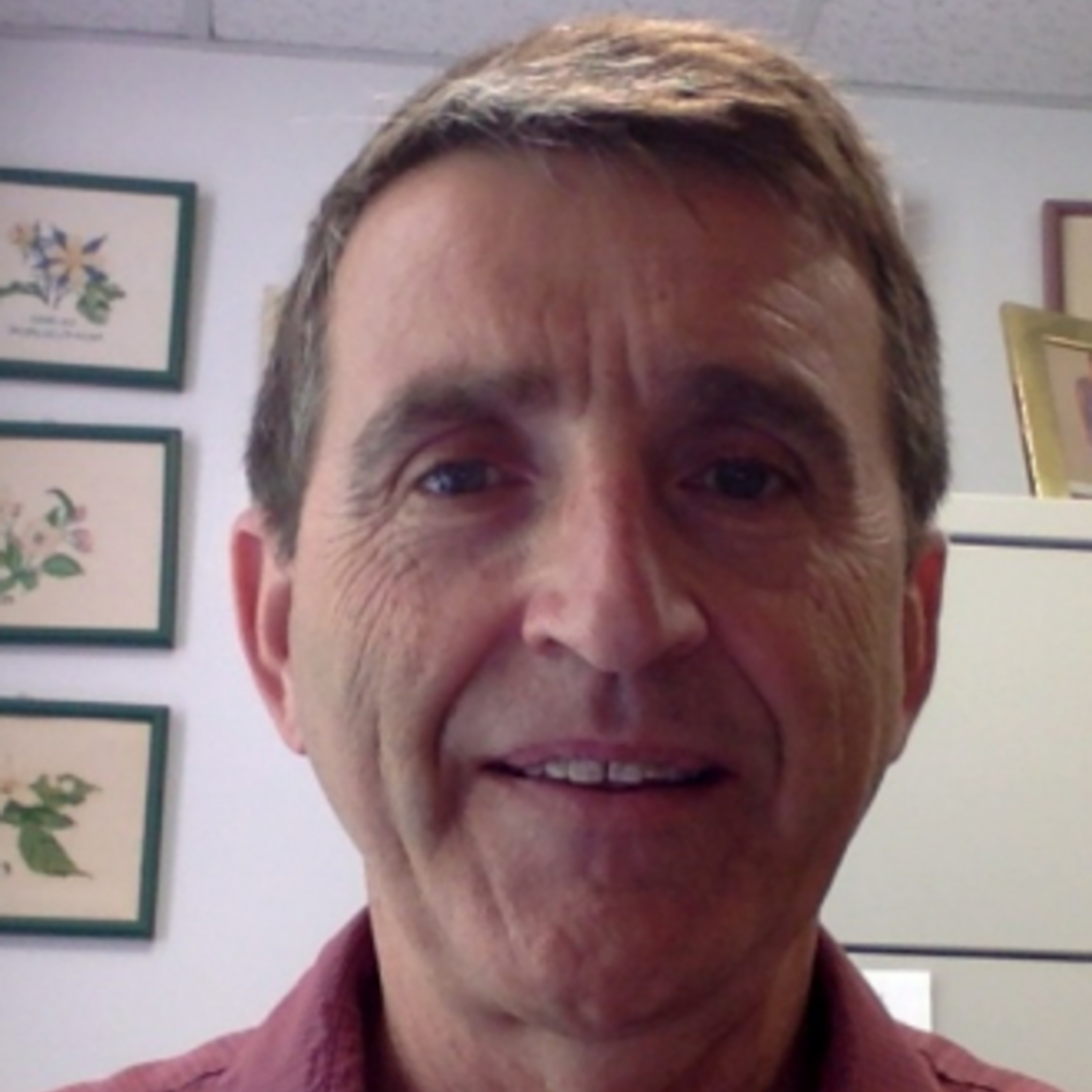
Robert Jansen
- Professor
- Sidney F. and Doris Blake Centennial Professorship in Systematic Botany and the Blake Collection (Holder)
- Integrative Biology
- Biodiversity Center
- Interdisciplinary Life Sciences Graduate Programs
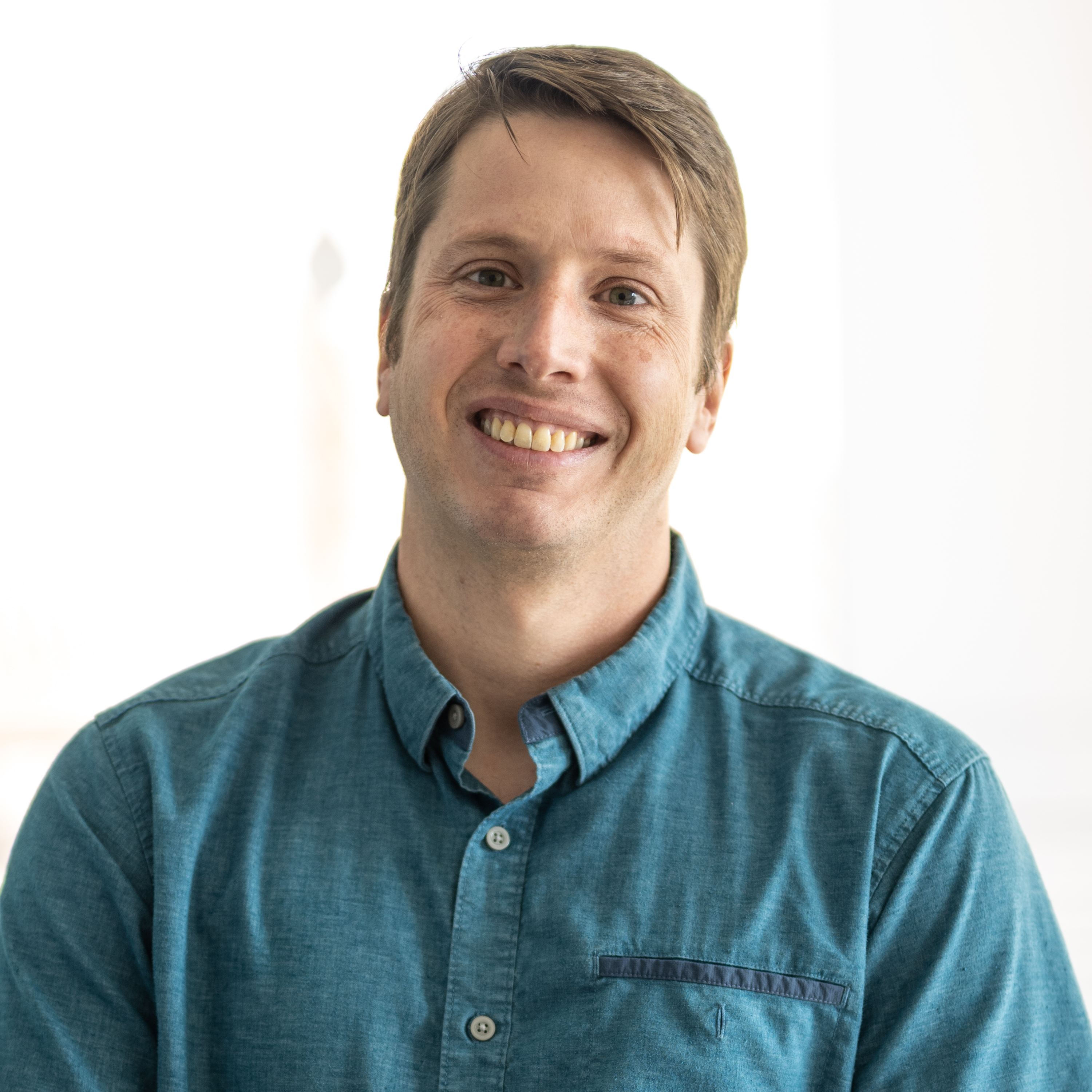
Justin Havird
- Associate Professor
- Integrative Biology
- Biodiversity Center
- Interdisciplinary Life Sciences Graduate Programs
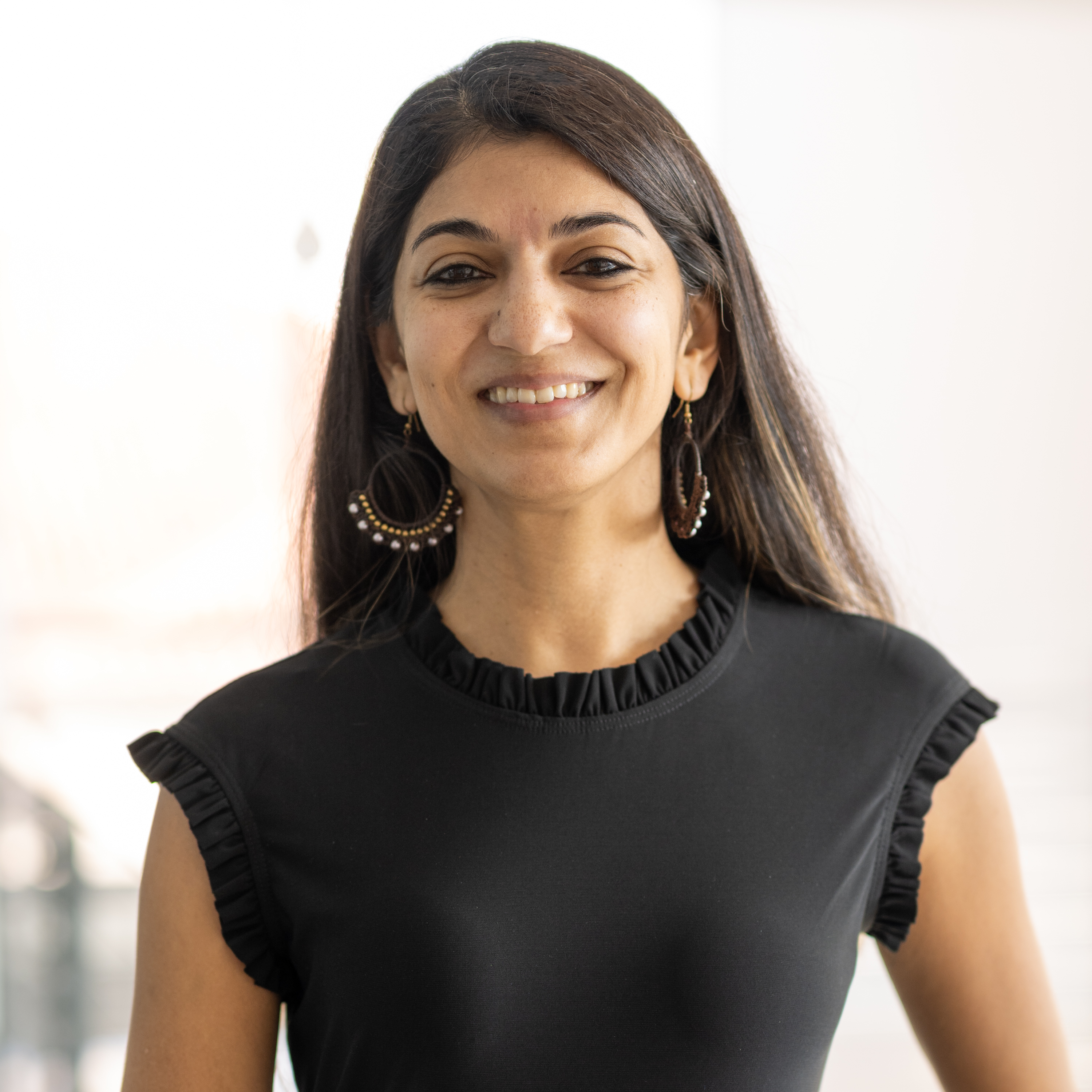
Shalene Jha
- Professor
- Faculty Director, Wildflower Center
- Integrative Biology
- Texas Field Station Network
- Biodiversity Center
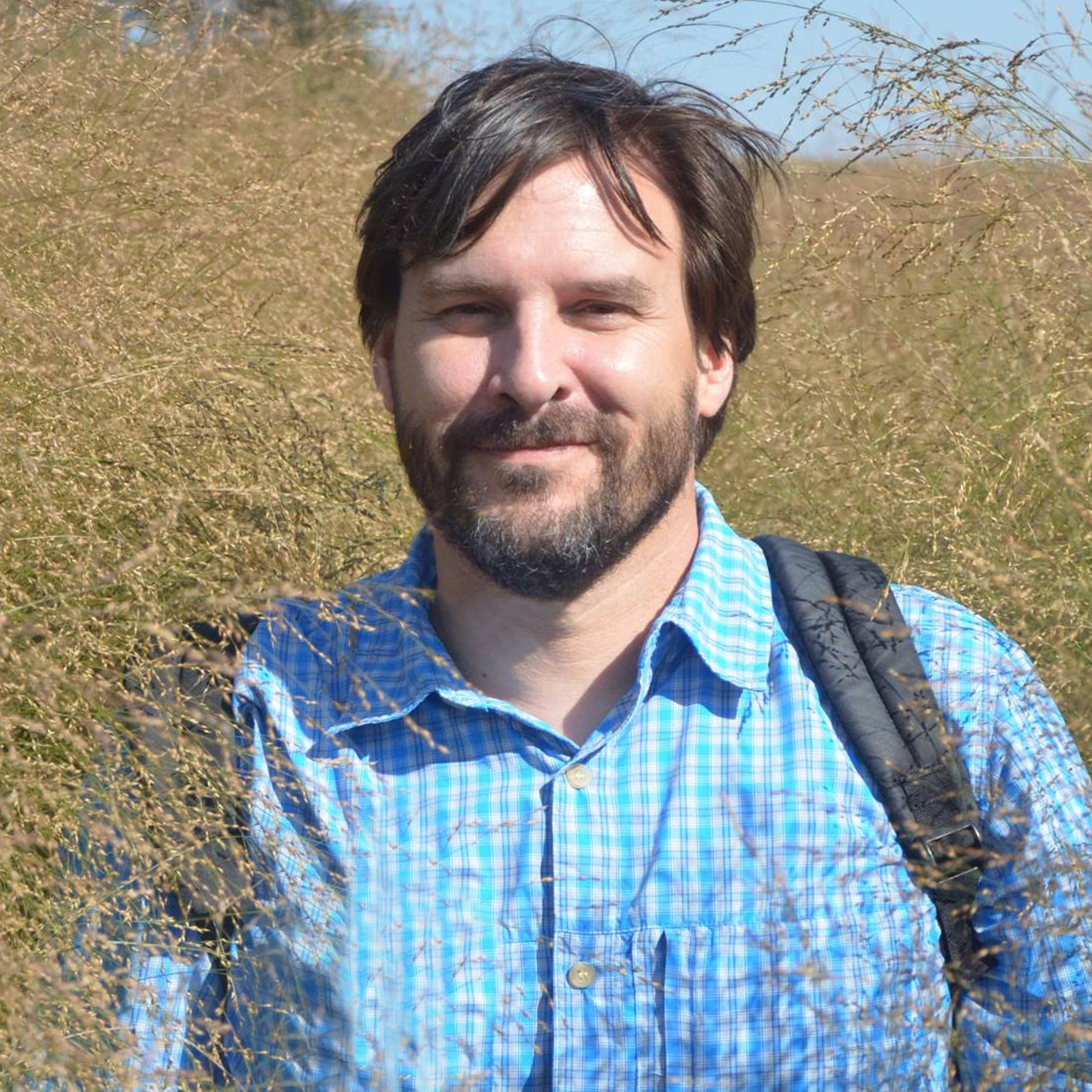
Thomas Juenger
- Professor
- Integrative Biology
- Texas Field Station Network
- Biodiversity Center
- Interdisciplinary Life Sciences Graduate Programs
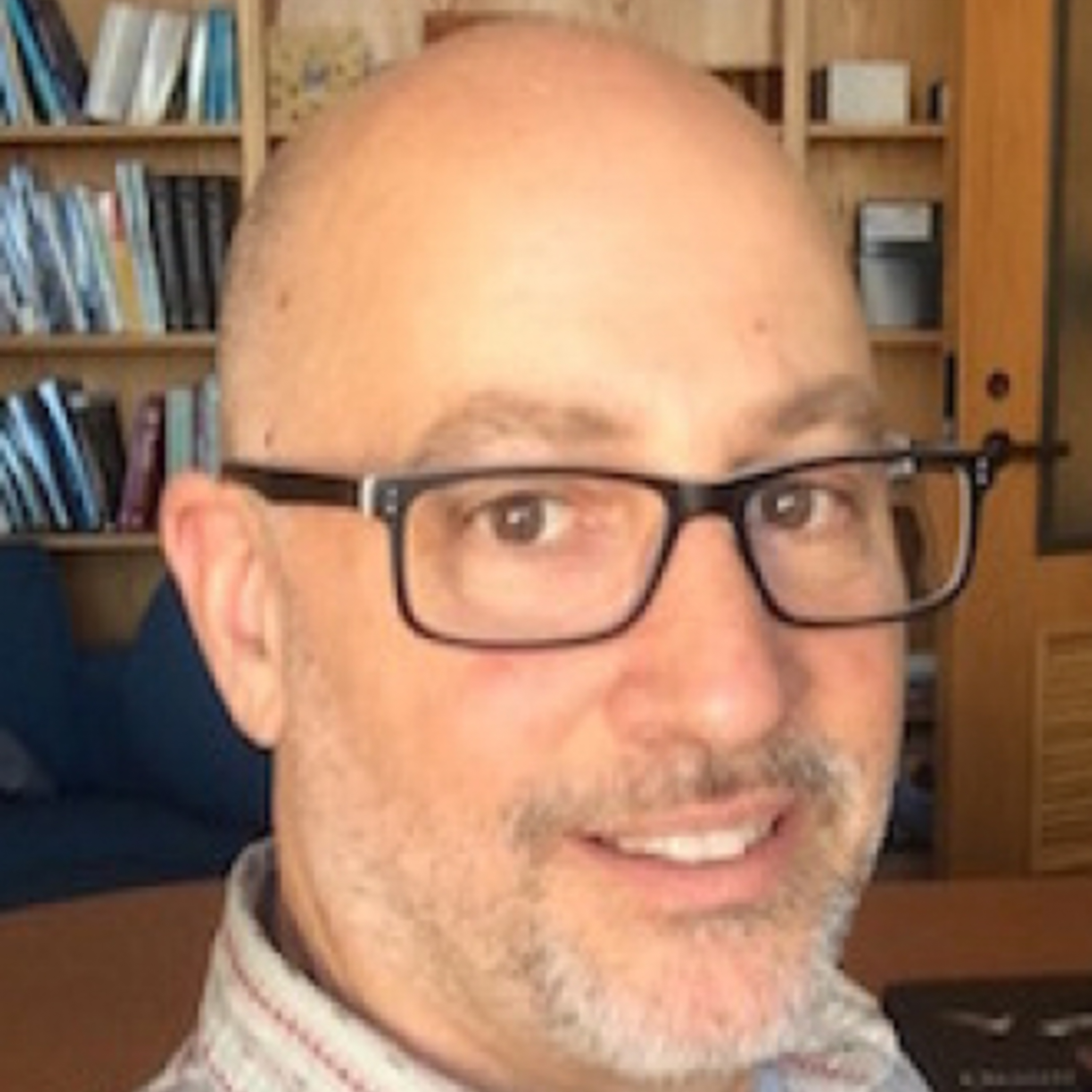
Timothy Keitt
- Professor
- Integrative Biology
- Texas Field Station Network
Telephone Number:512-471-5004
View Profile
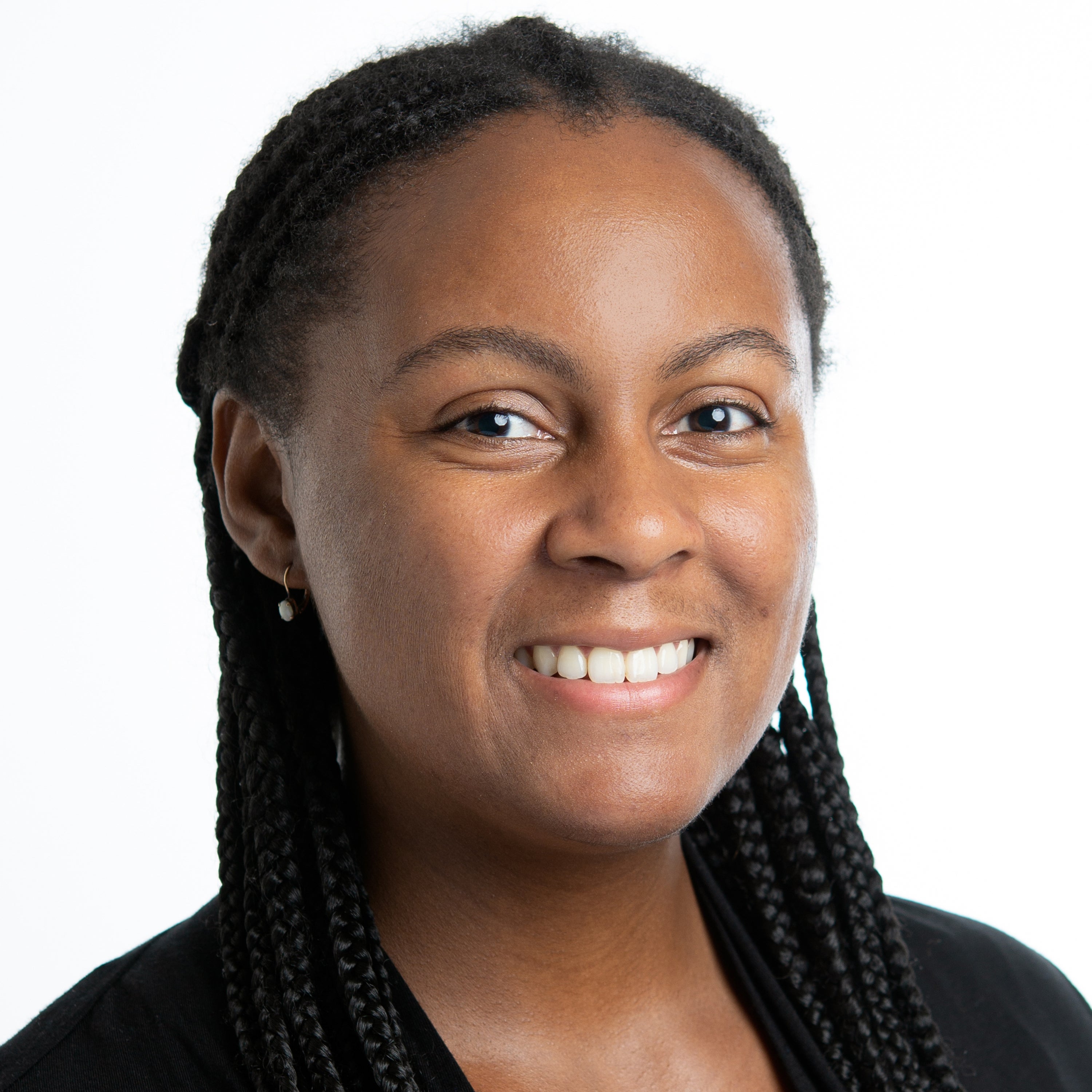
Melissa Kemp
- Associate Professor
- Integrative Biology
- UTeach
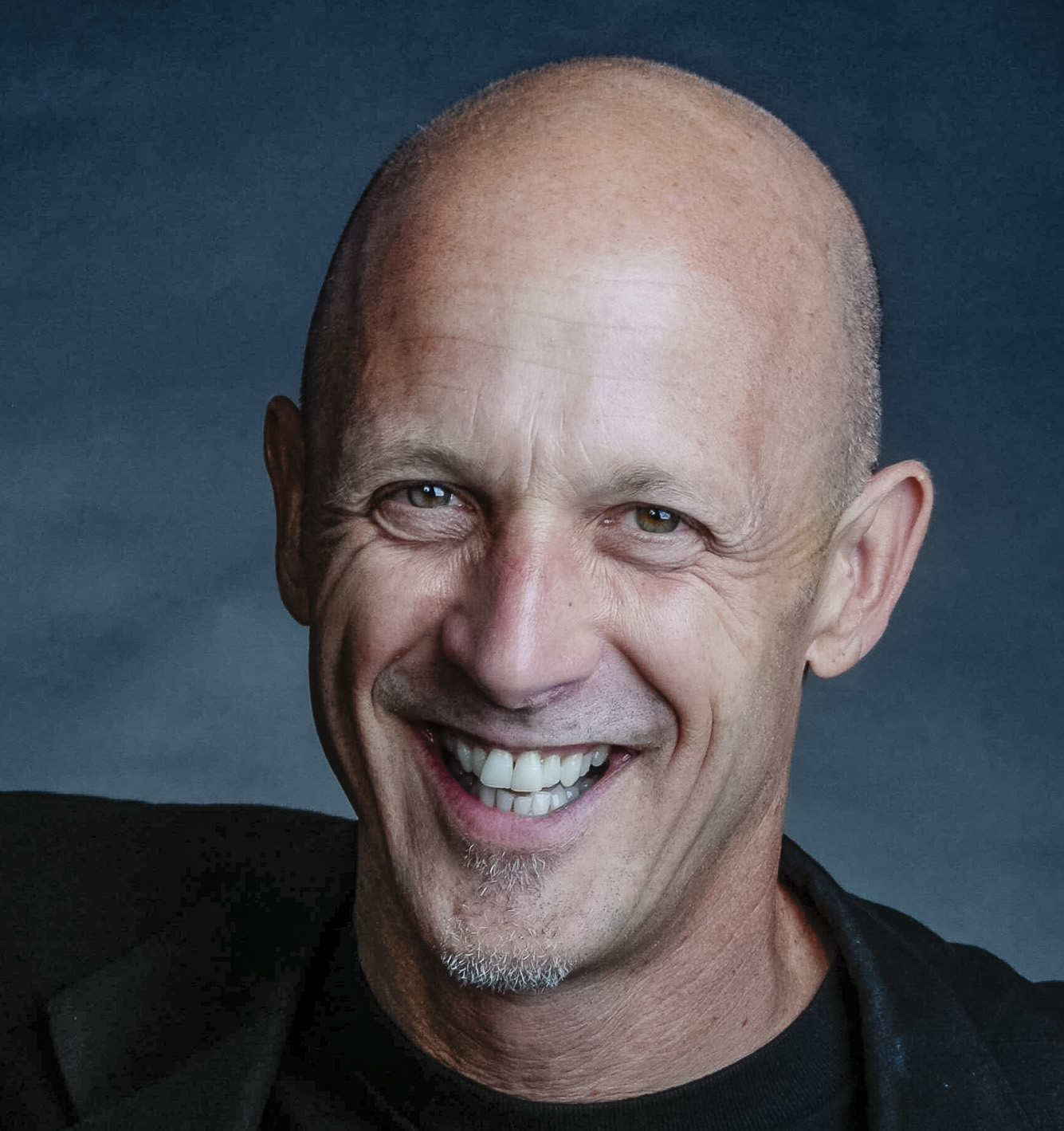
Mark Kirkpatrick
- Professor
- T. S. Painter Centennial Professor in Genetics
- Integrative Biology
- Biodiversity Center
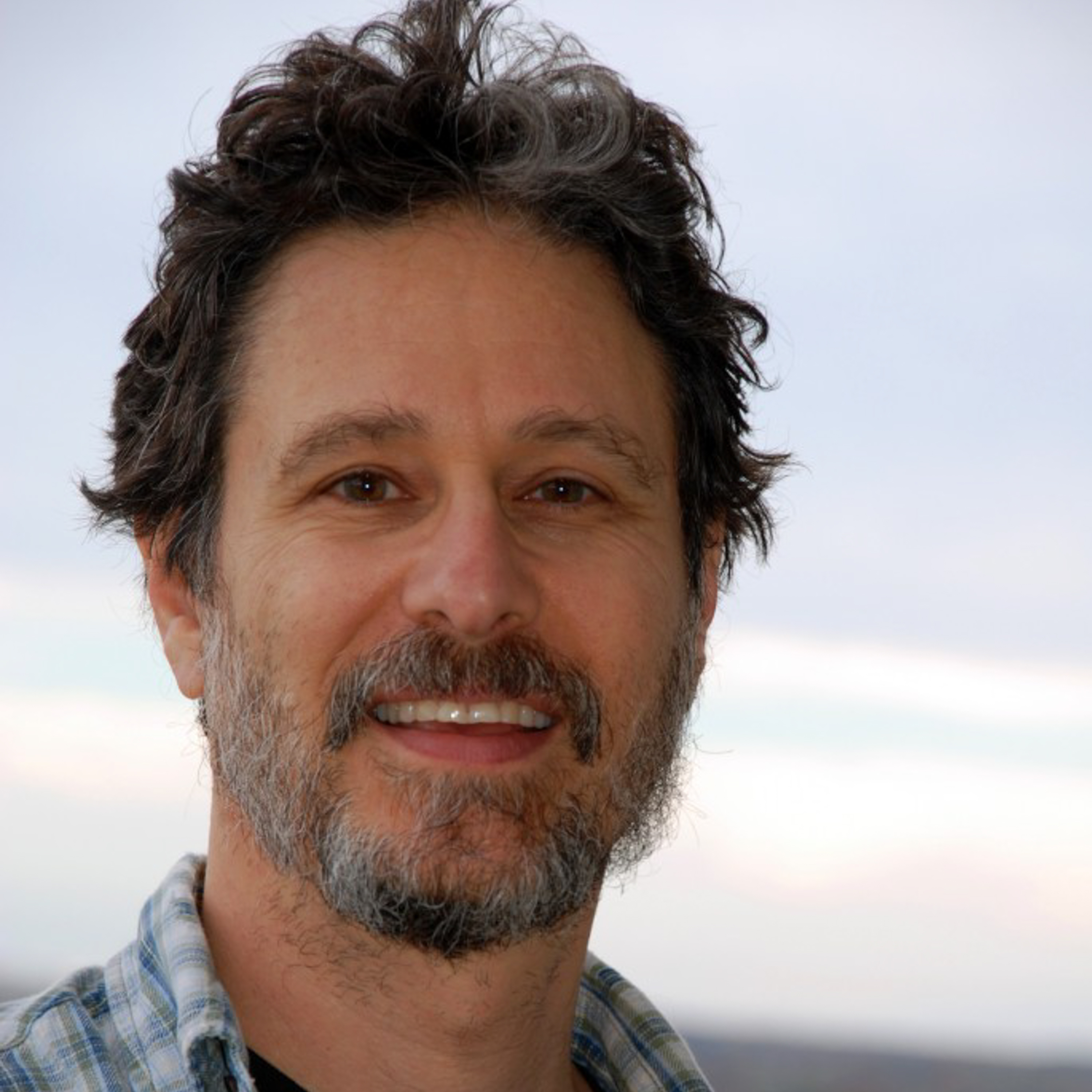
Craig Linder
- Associate Professor
- Integrative Biology
- Texas Field Station Network
- Biodiversity Center
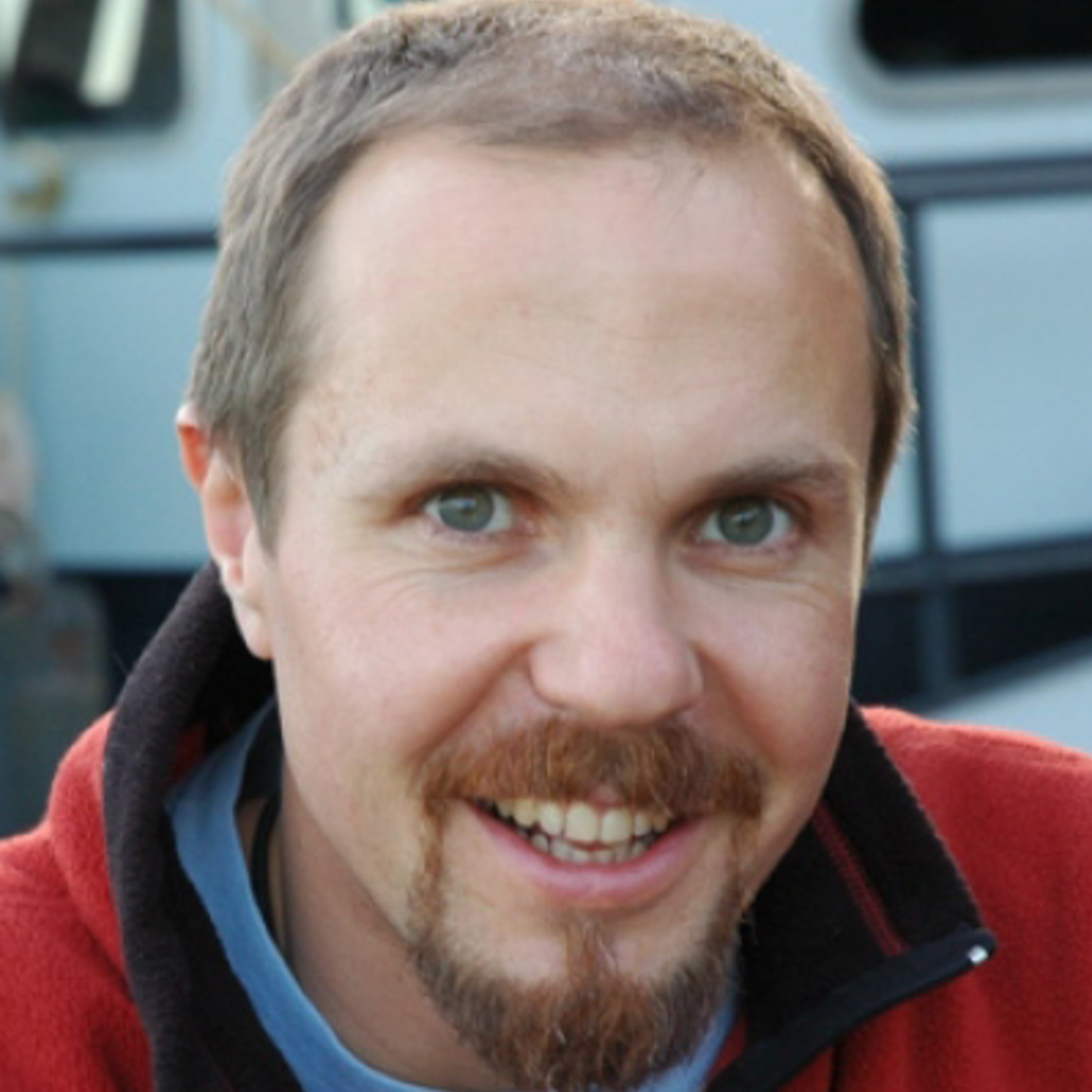
Mikhail Matz
- Professor
- Integrative Biology
- Biodiversity Center
- Interdisciplinary Life Sciences Graduate Programs
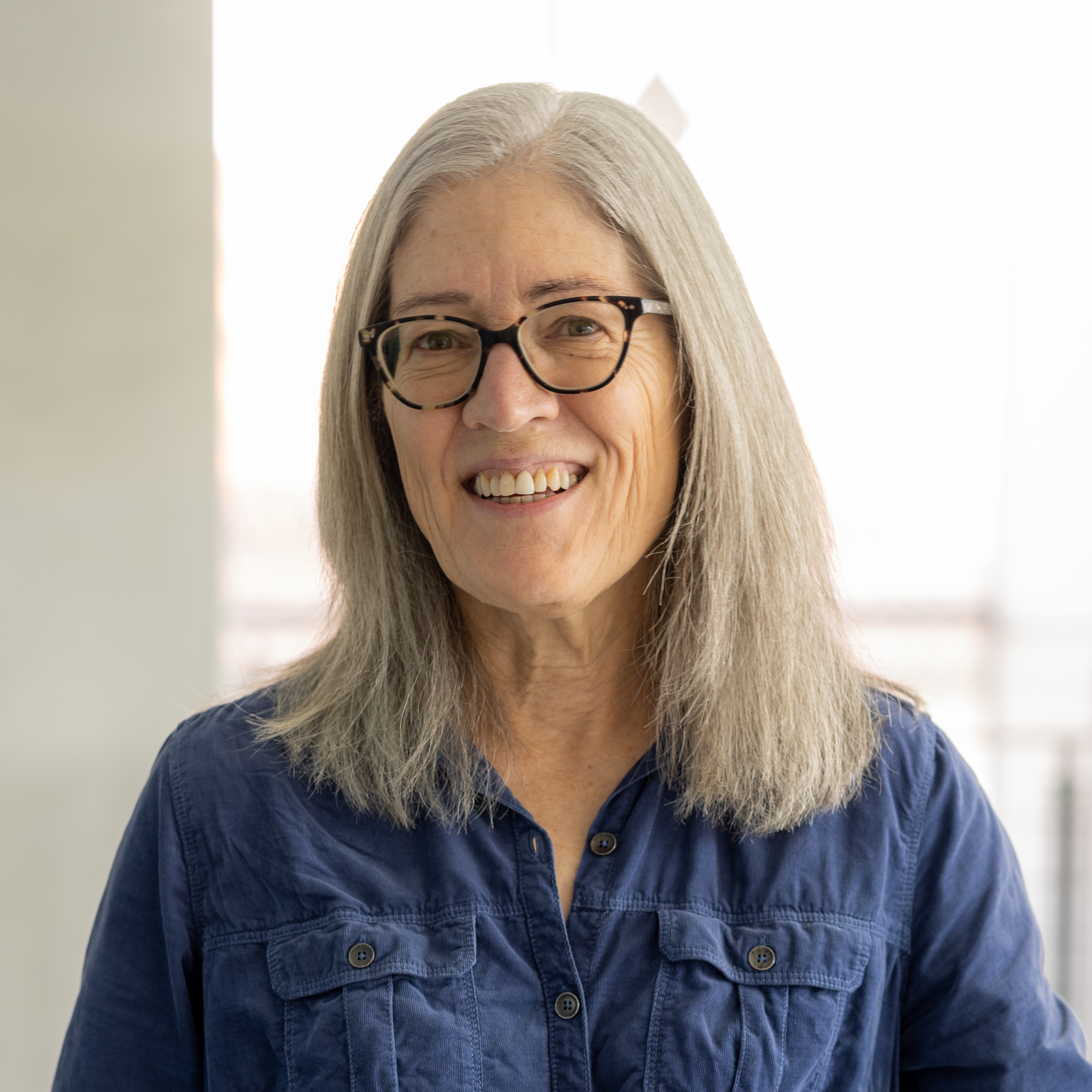
Nancy Moran
- Professor
- Warren J. and Viola Mae Raymer Chair
- Integrative Biology
- Biodiversity Center
- Interdisciplinary Life Sciences Graduate Programs
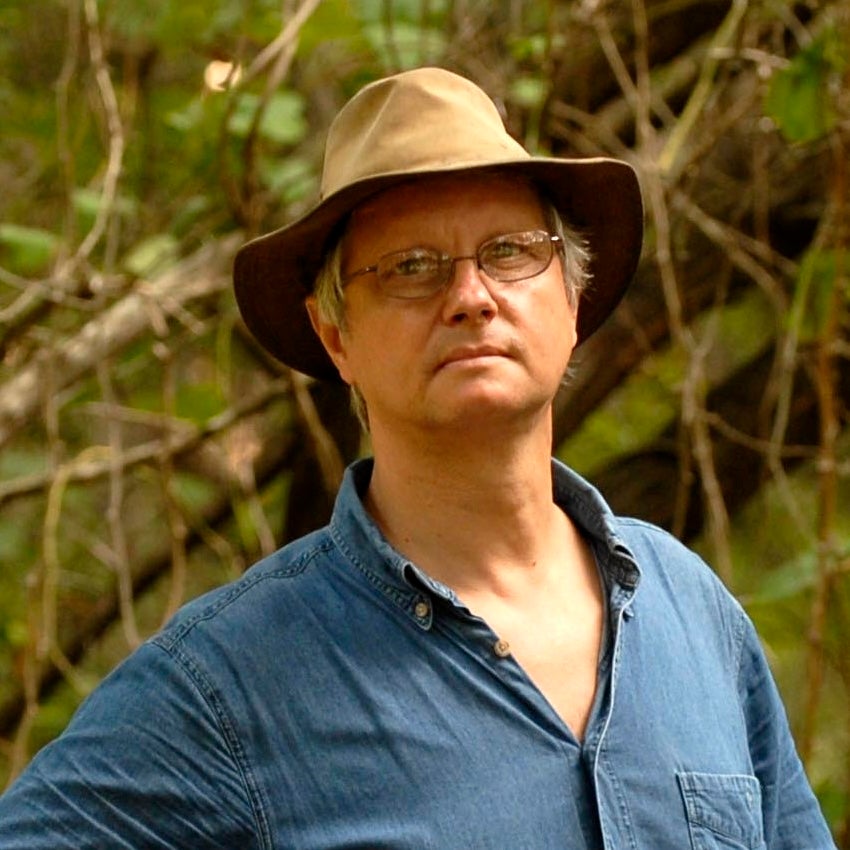
Ulrich Mueller
- Professor
- William Morton Wheeler-Lost Pines Professorship
- Integrative Biology
- Texas Field Station Network
- Biodiversity Center
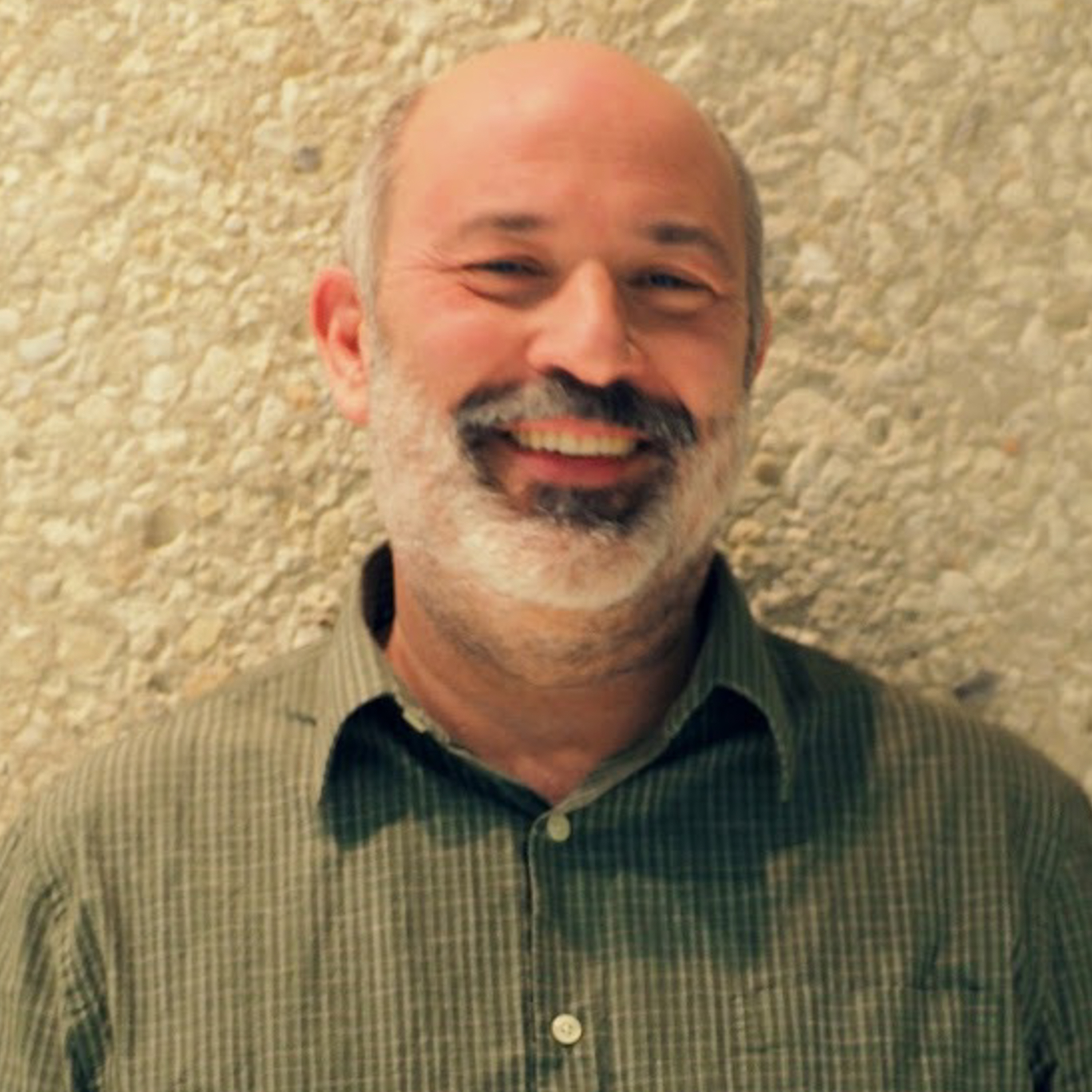
Jose Panero
- Professor Emeritus
- Associate Director, Plant Resource Center
- Integrative Biology
- Biodiversity Center
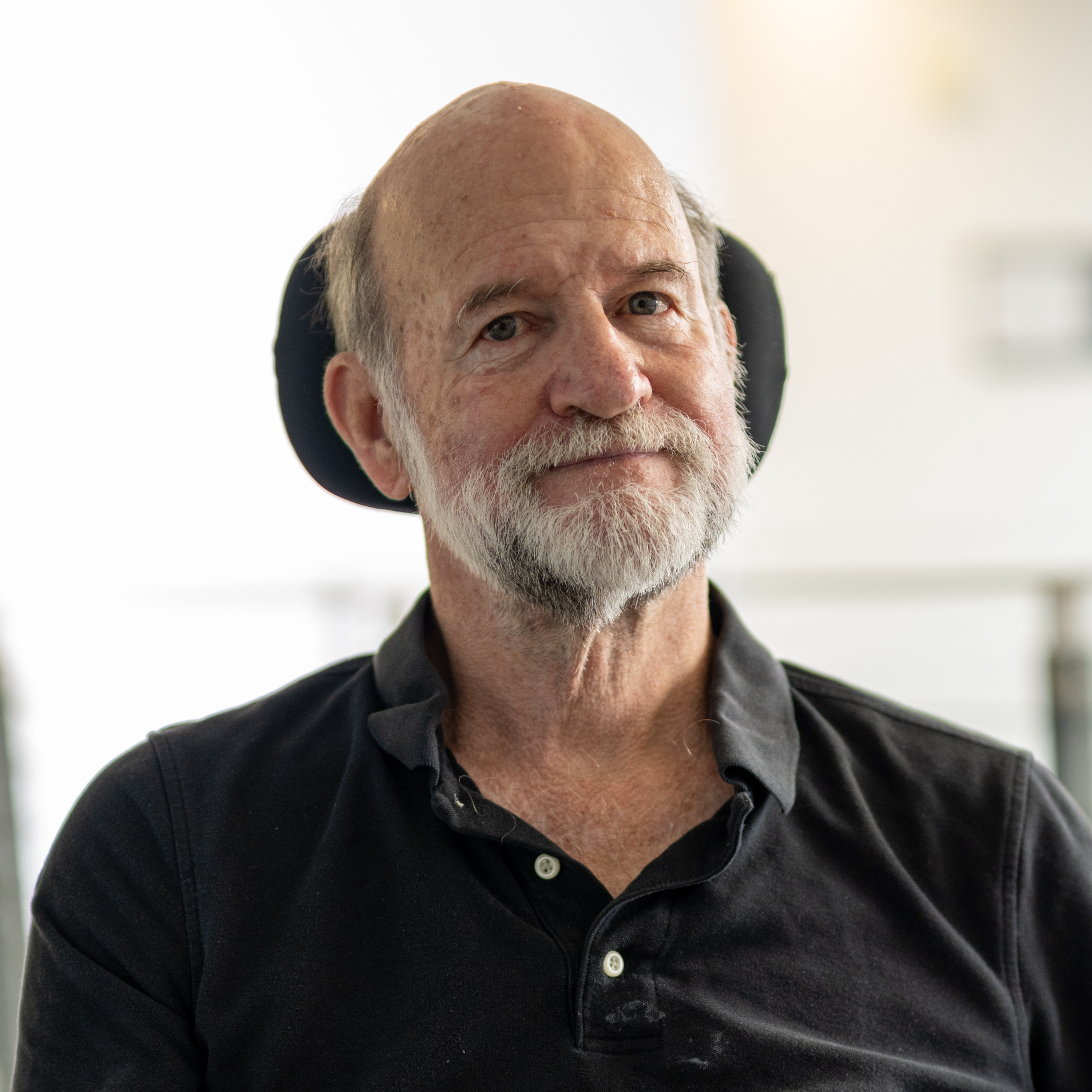
Michael Ryan
- Professor
- Clark Hubbs Regents Professorship in Zoology
- Integrative Biology
- Texas Field Station Network
- Biodiversity Center
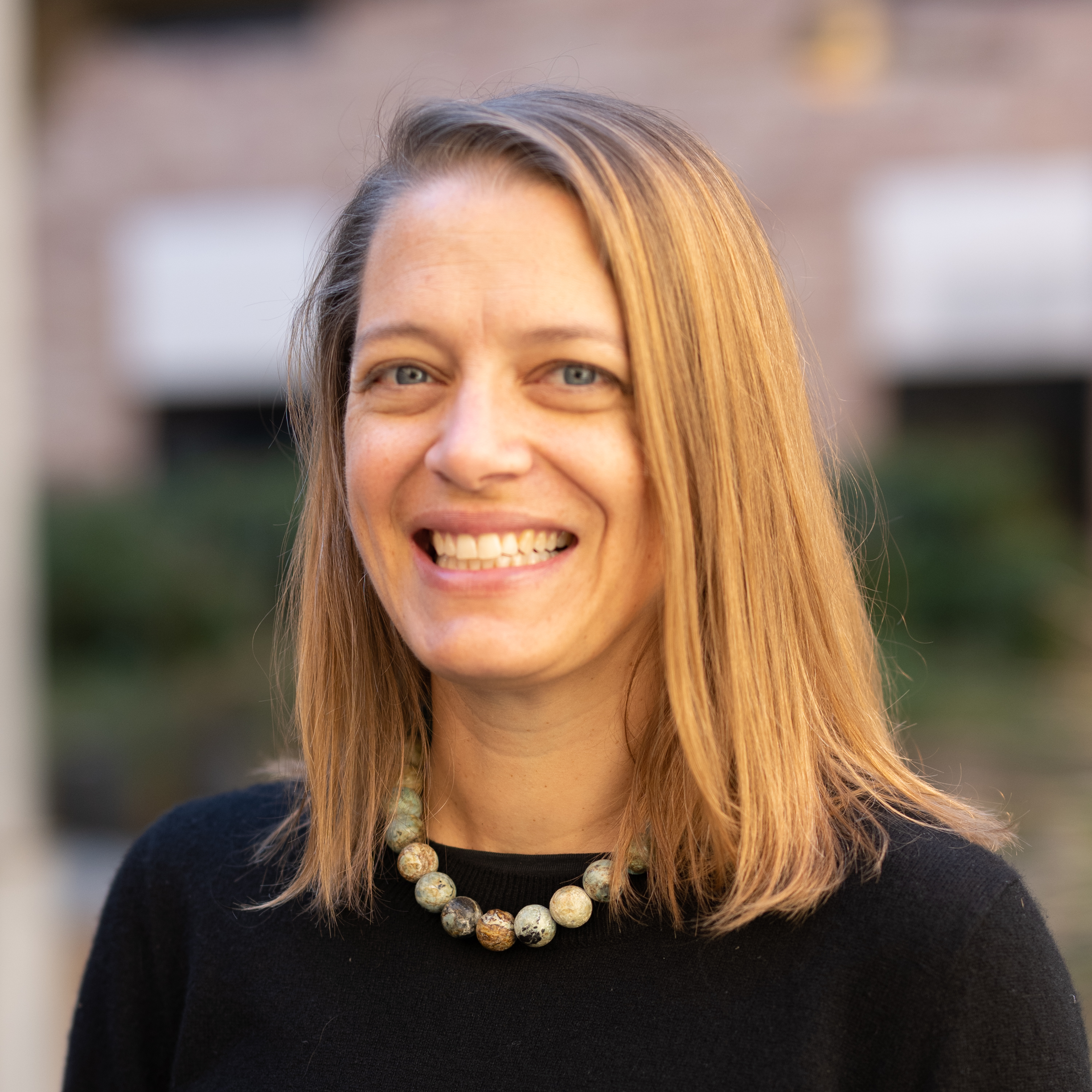
Amelia Wolf
- Assistant Professor
- Integrative Biology
- Texas Field Station Network
- Biodiversity Center
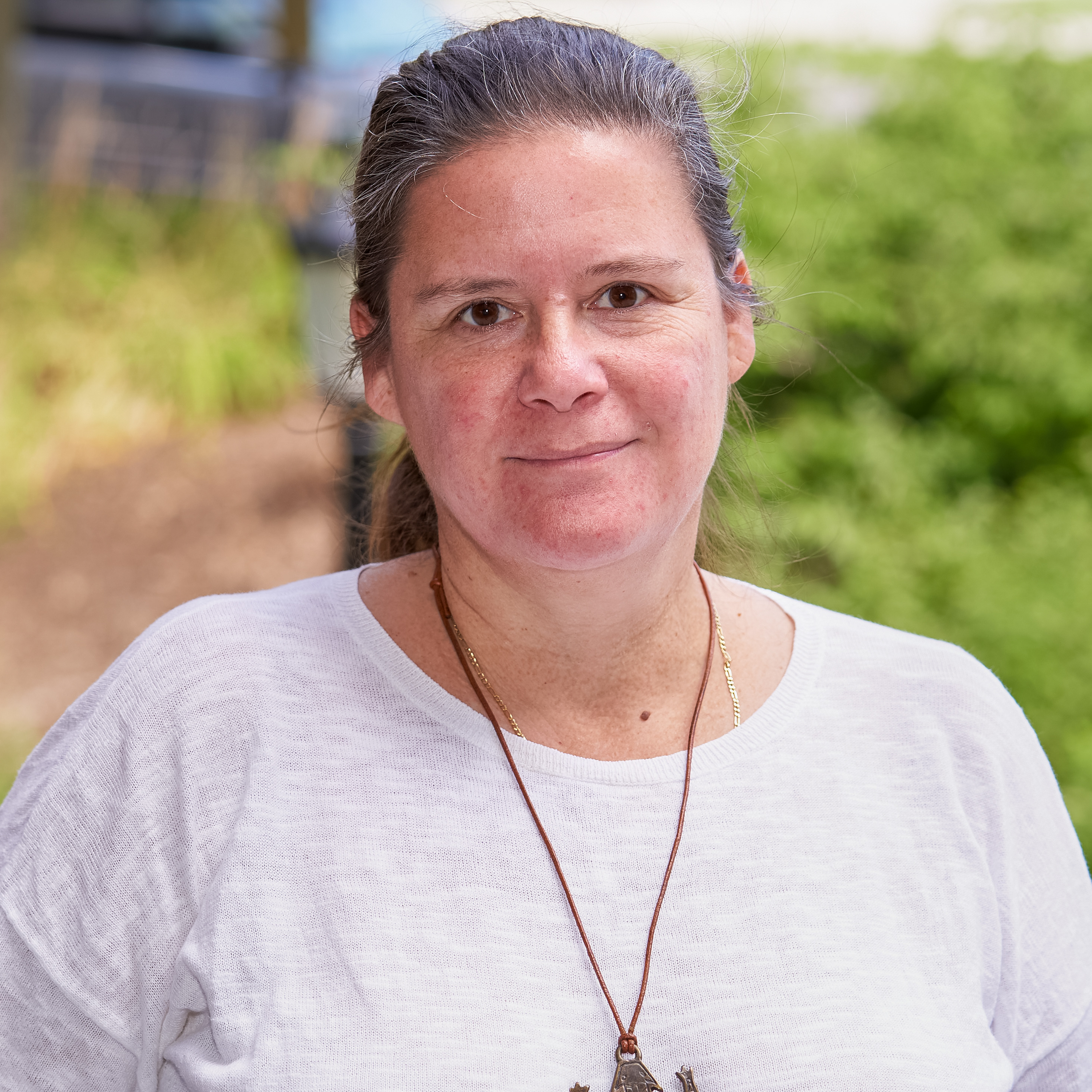
Kelly Zamudio
- Professor
- Endowed Fellow of the Doherty Regents Chair in Molecular Biology
- Associate Chair for Graduate Education
- EEB Program Advisor
- Integrative Biology
- Texas Field Station Network
- Biodiversity Center
Research Staff
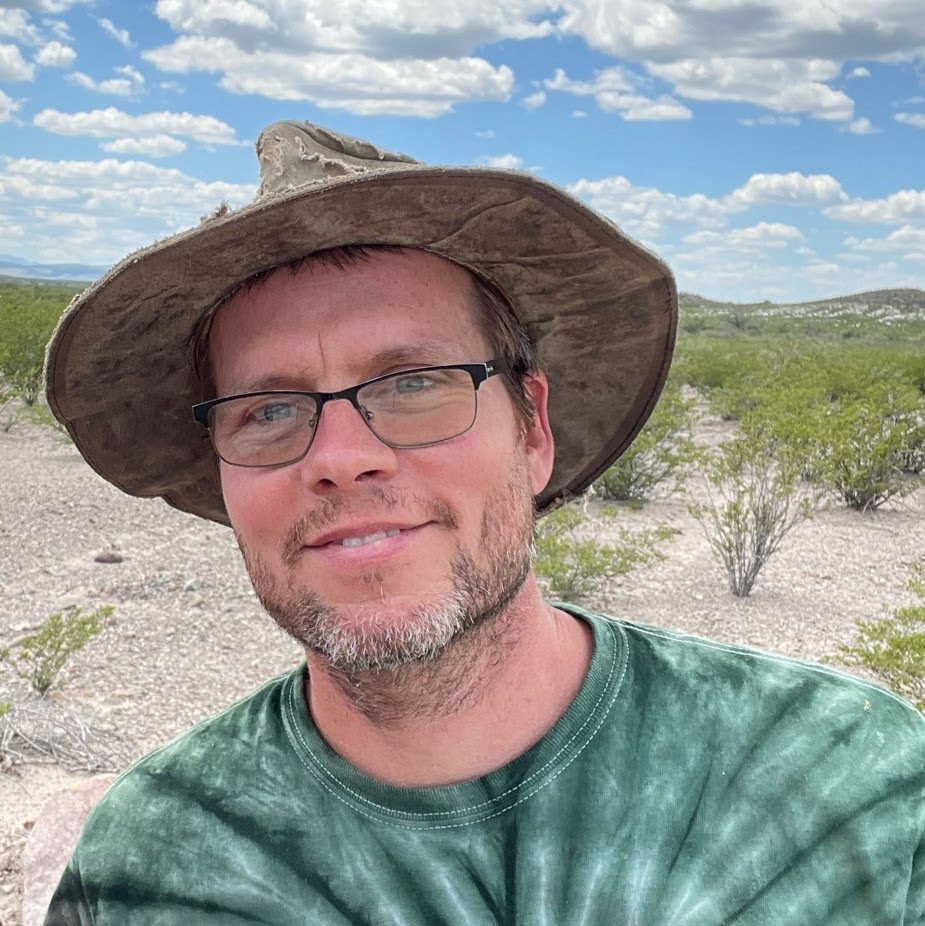
Adam Cohen
- Ichthyology Collection Manager
- Integrative Biology
- Biodiversity Center
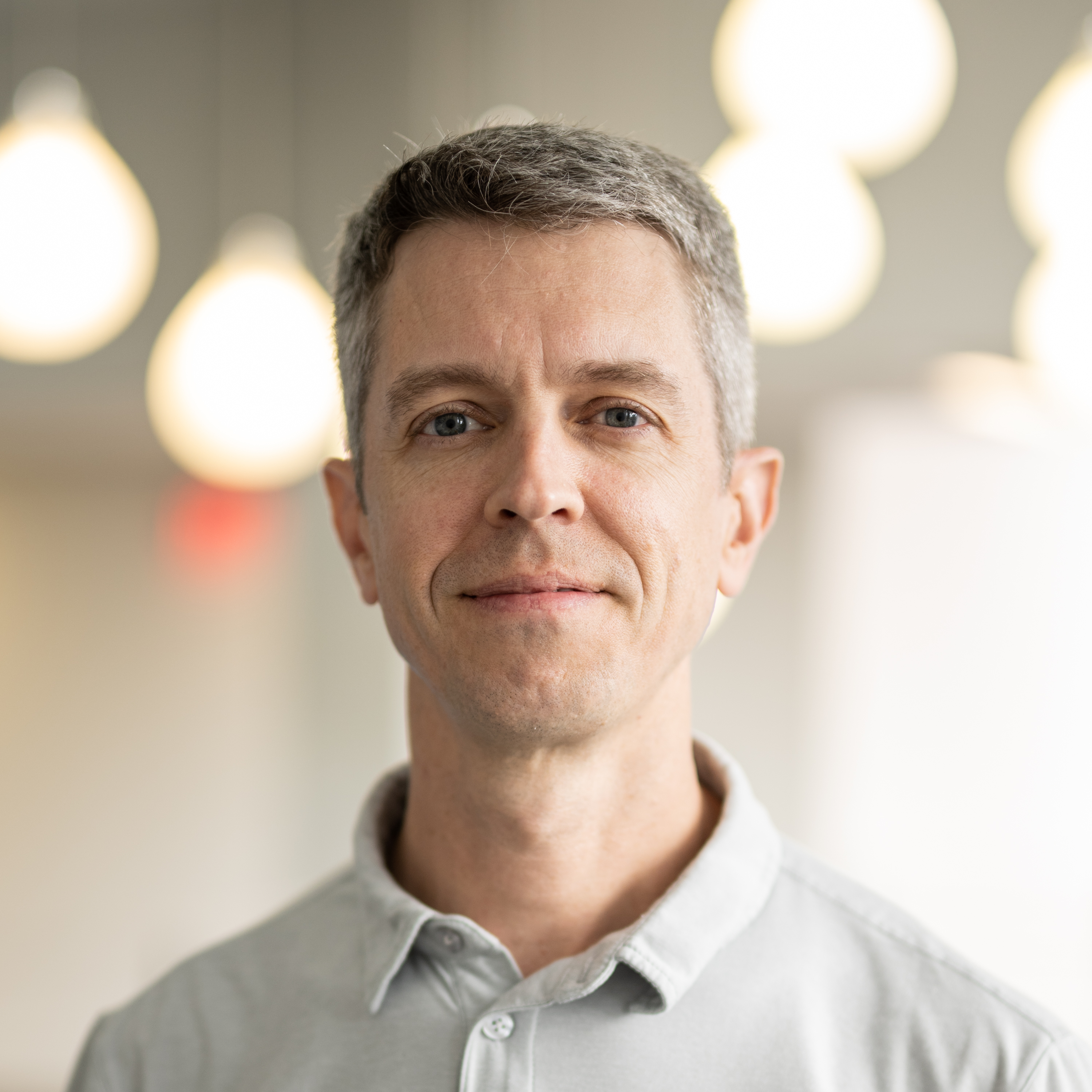
Tom Devitt
- Assistant Professor of Practice
- Research Scientist
- Integrative Biology
- Freshman Research Initiative
- College of Natural Sciences
- Texas Field Station Network
- Biodiversity Center
Research Educator | Biodiversity Discovery
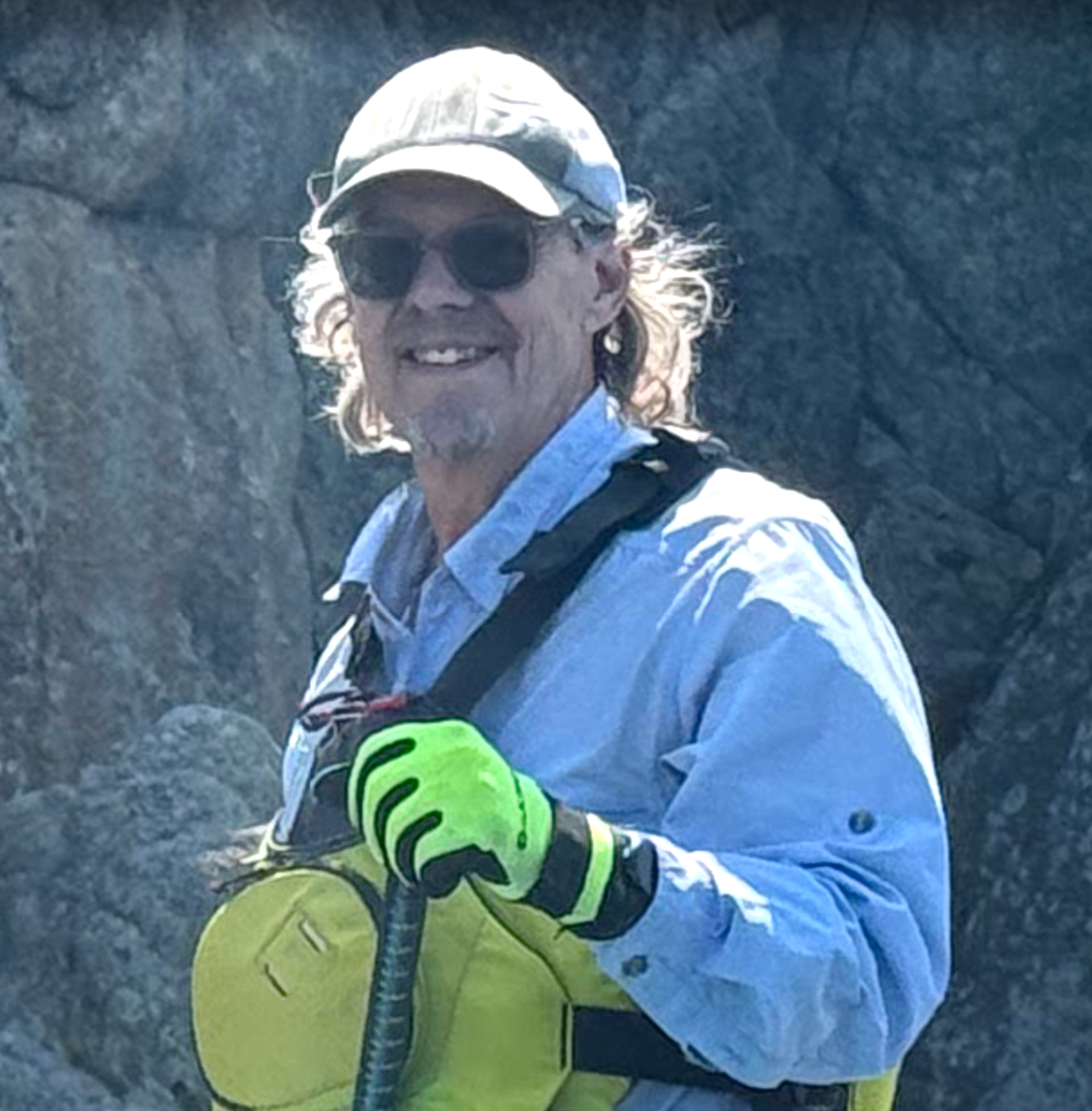
Dean A. Hendrickson
- Curator, Ichthyology
- Biodiversity Center
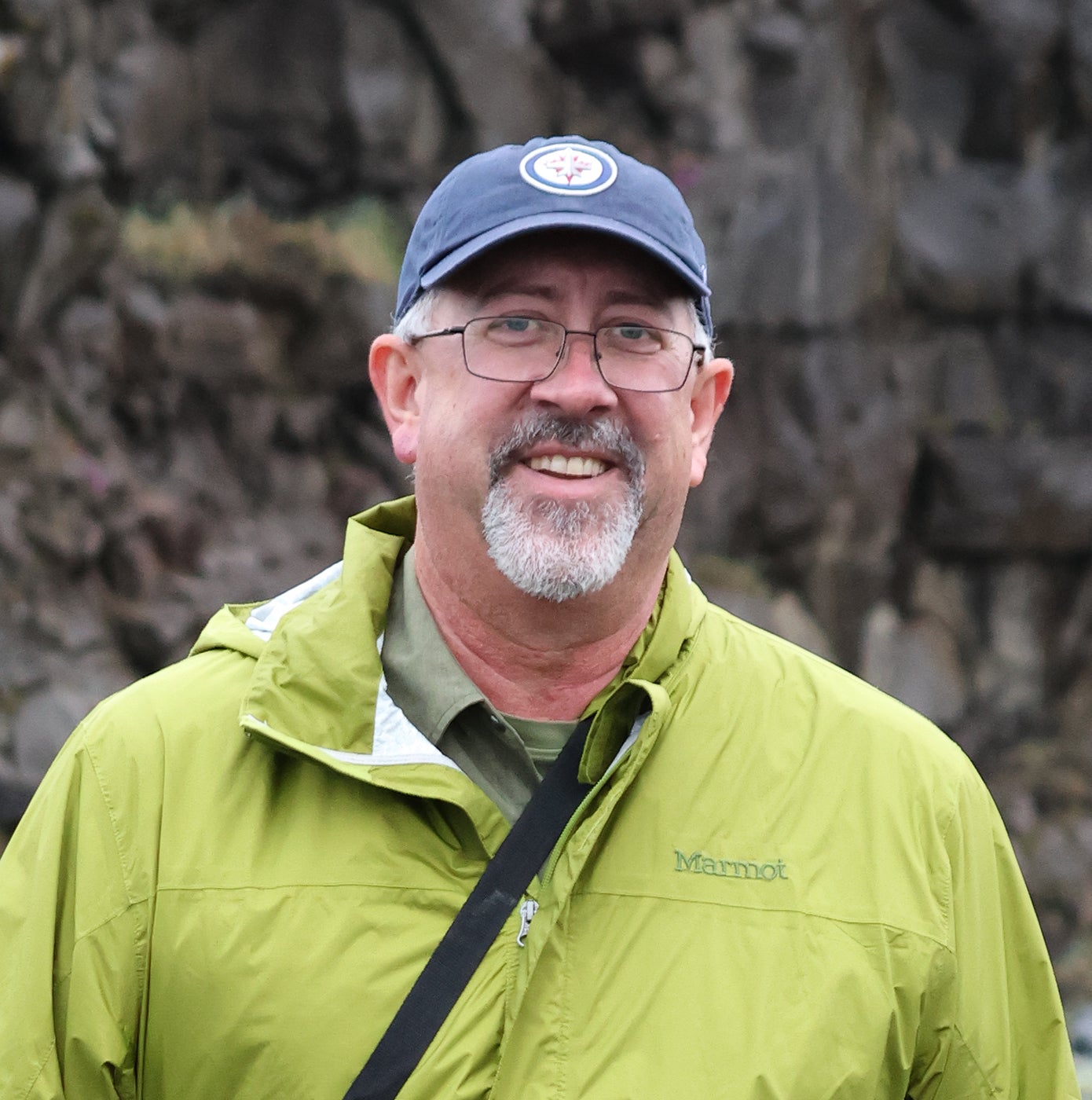
Travis LaDuc
- Assistant Professor of Instruction
- Curator, Herpetology
- Integrative Biology
- Texas Field Station Network
- Biology Instructional Office
- Biodiversity Center
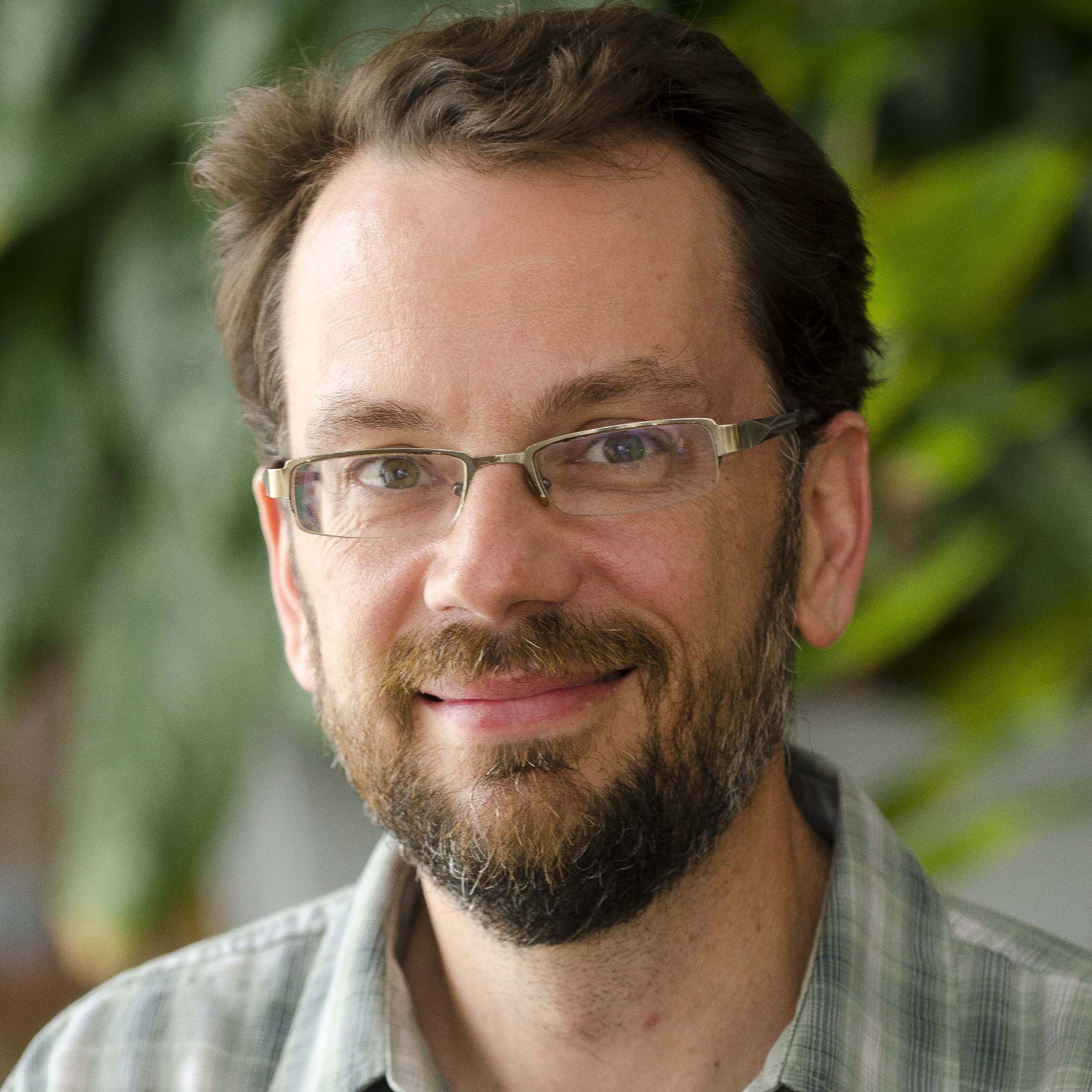
Ed LeBrun
- Research Scientist
- Texas Field Station Network
- Biodiversity Center
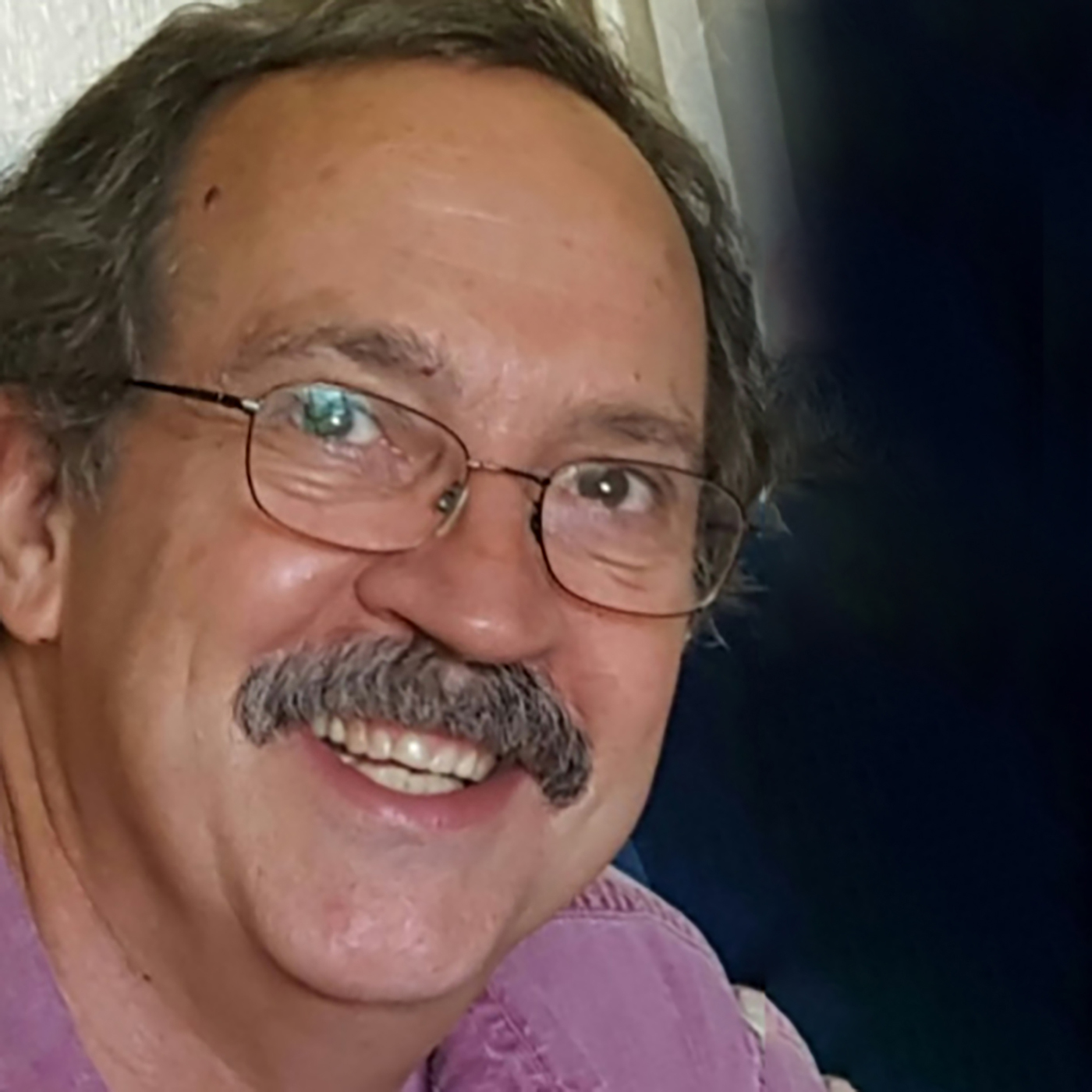
Robert Plowes
- Research Scientist
- Integrative Biology
- Texas Field Station Network
- Biodiversity Center
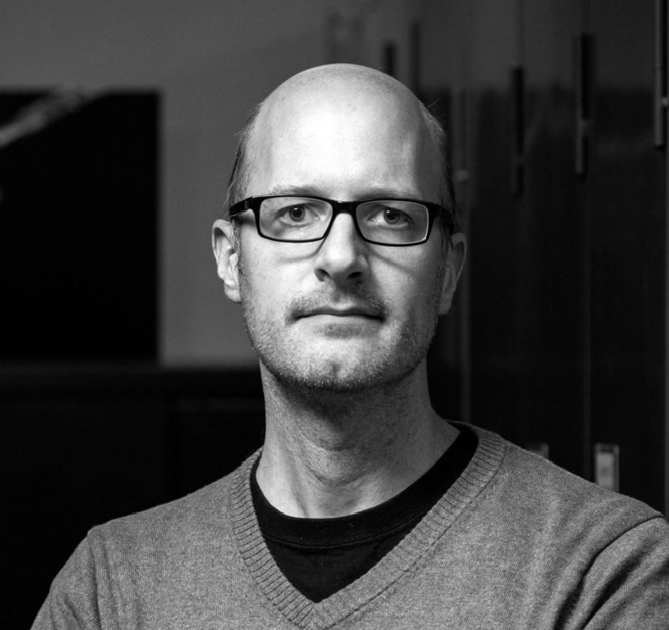
Alexander Wild
- Curator of Entomology
- Lecturer
- Biology Instructional Office
- Integrative Biology
- Biodiversity Center
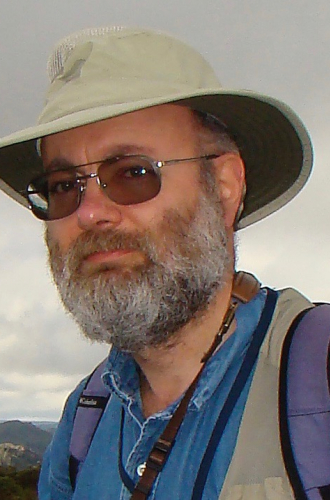
George Yatskievych
- Lecturer
- Curator
- Integrative Biology
- Biodiversity Center
Telephone Number:512-471-5904
View Profile
Staff
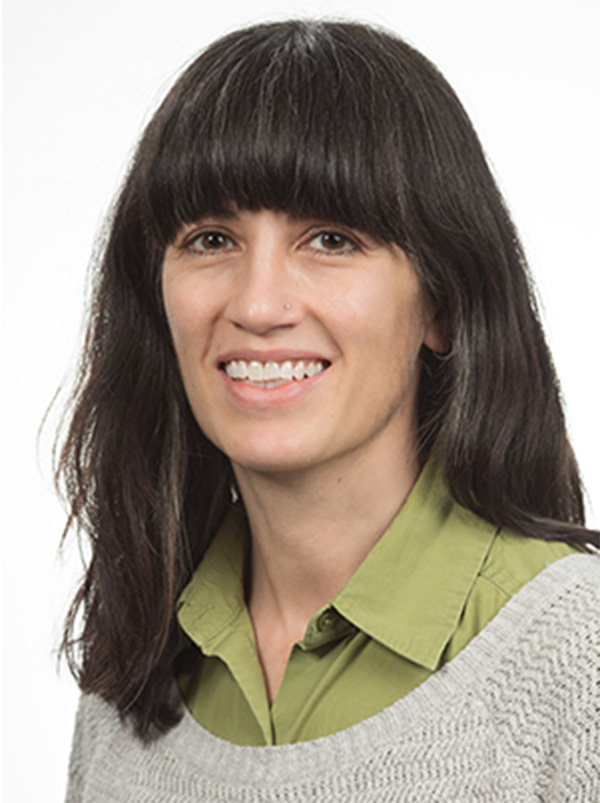
Nicole Elmer
- Communications Coordinator
- Integrative Biology
- Biodiversity Center
Telephone Number:512-232-6283
View Profile

Steven Gibson
- Field Station Manager, Stengl Lost Pines
- Texas Field Station Network
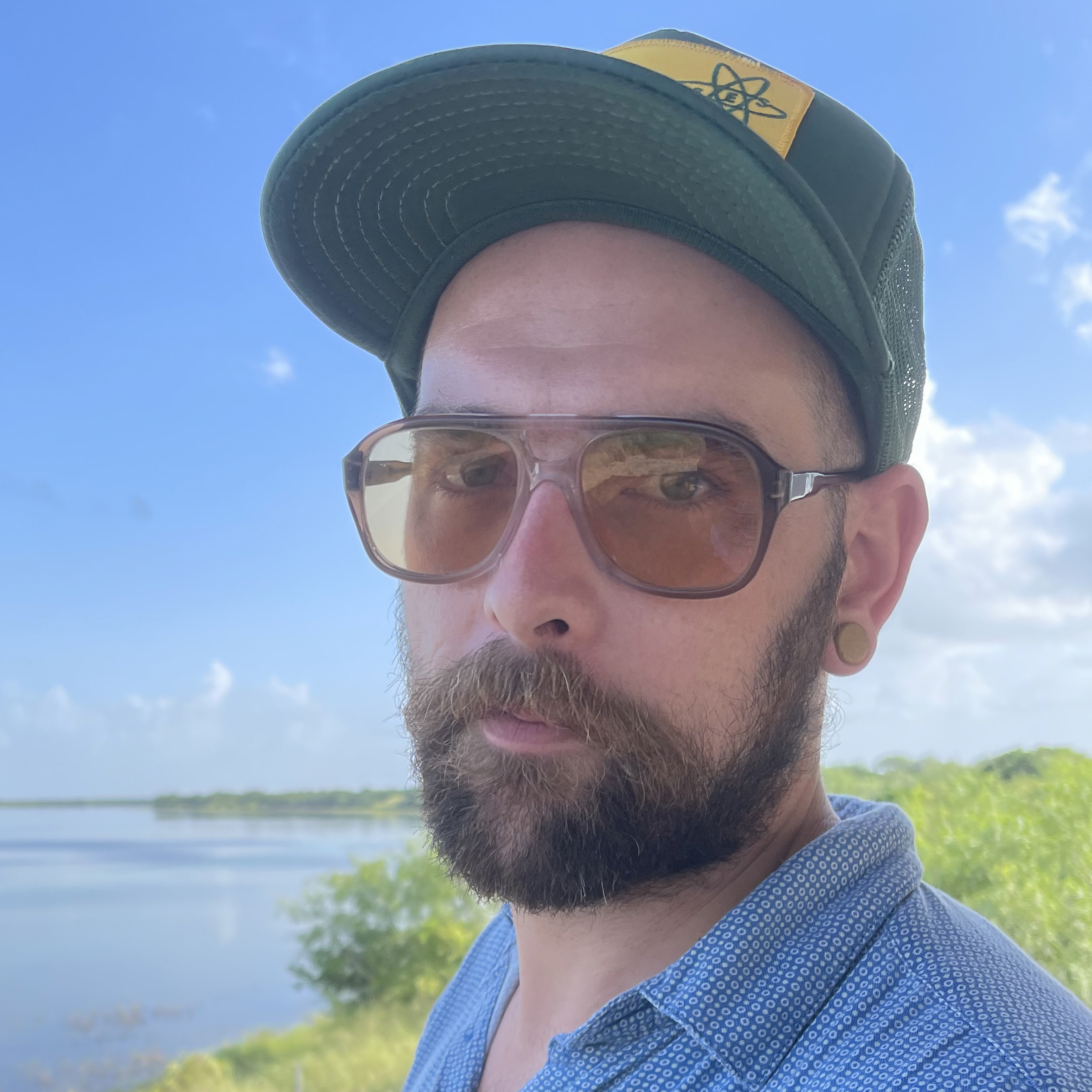
Jason Lawson
- Field Station Manager, Brackenridge Field Lab
- Texas Field Station Network
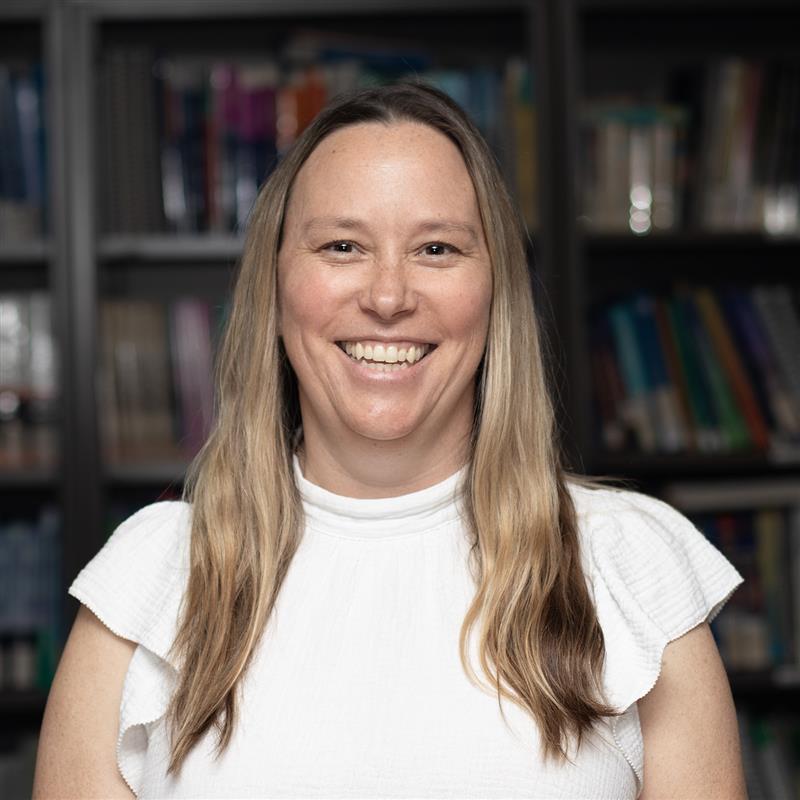
Melanie Saffer
- Education and Outreach Coordinator
- Texas Field Station Network
- Biodiversity Center
- Integrative Biology
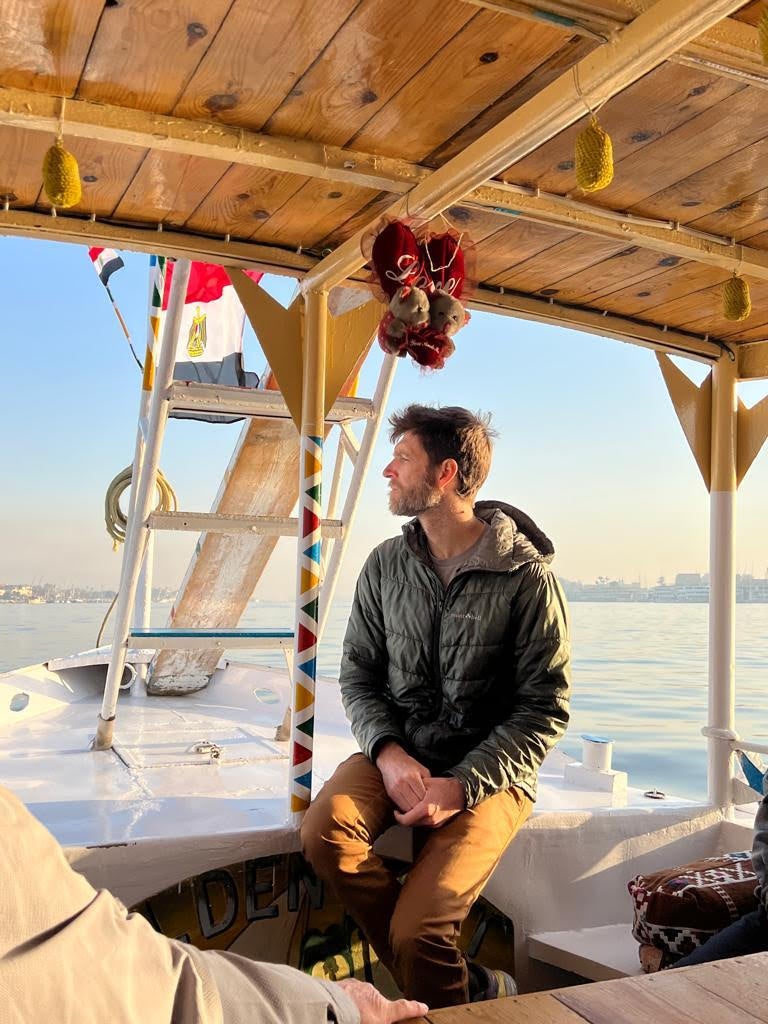
Thomas Schiefer
- Hill Country Field Station Manager
- Integrative Biology
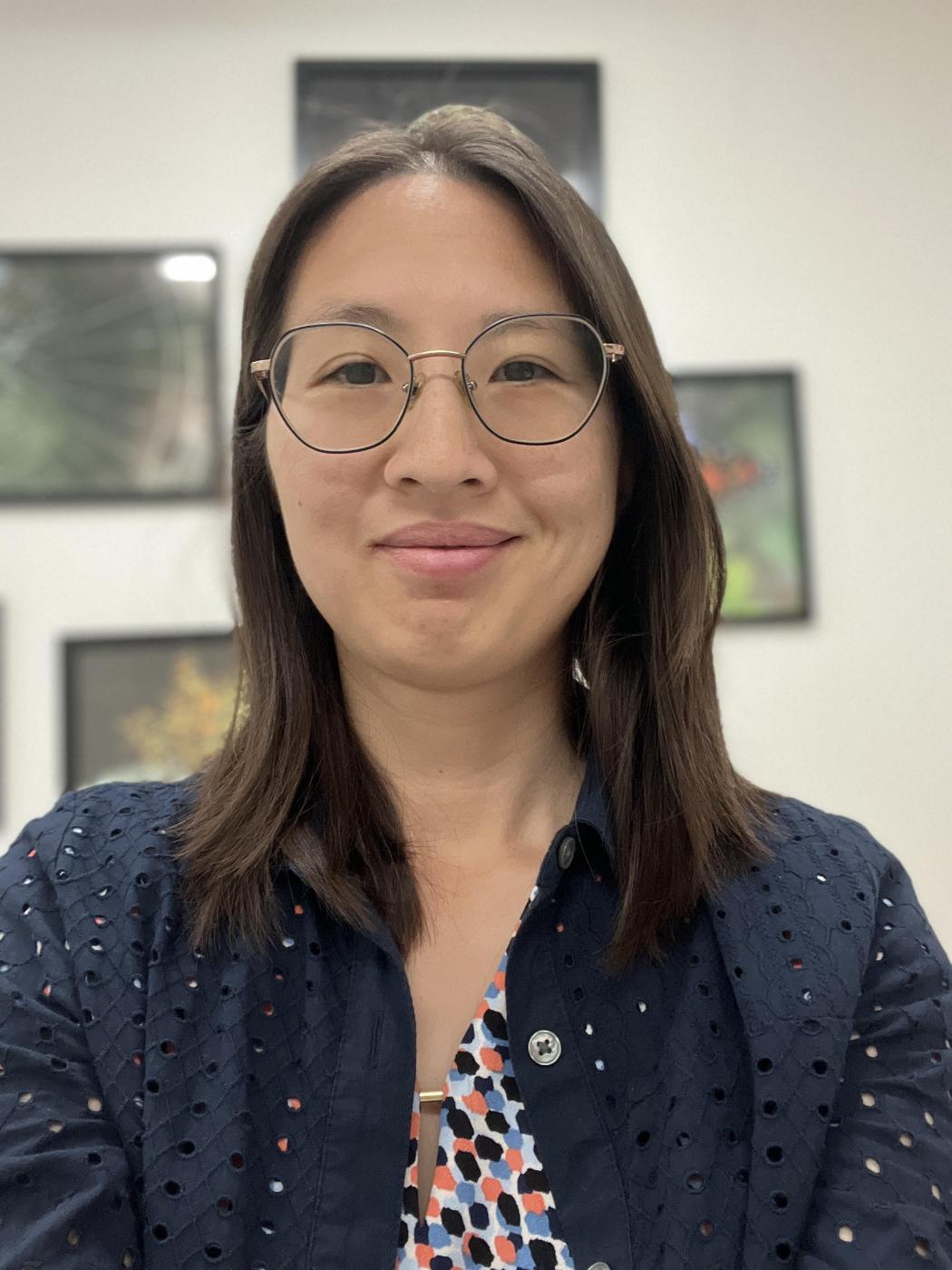
Jenn Yang
- Biodiversity Endowed Initiative Project Manager
- Biodiversity Center
- Integrative Biology
